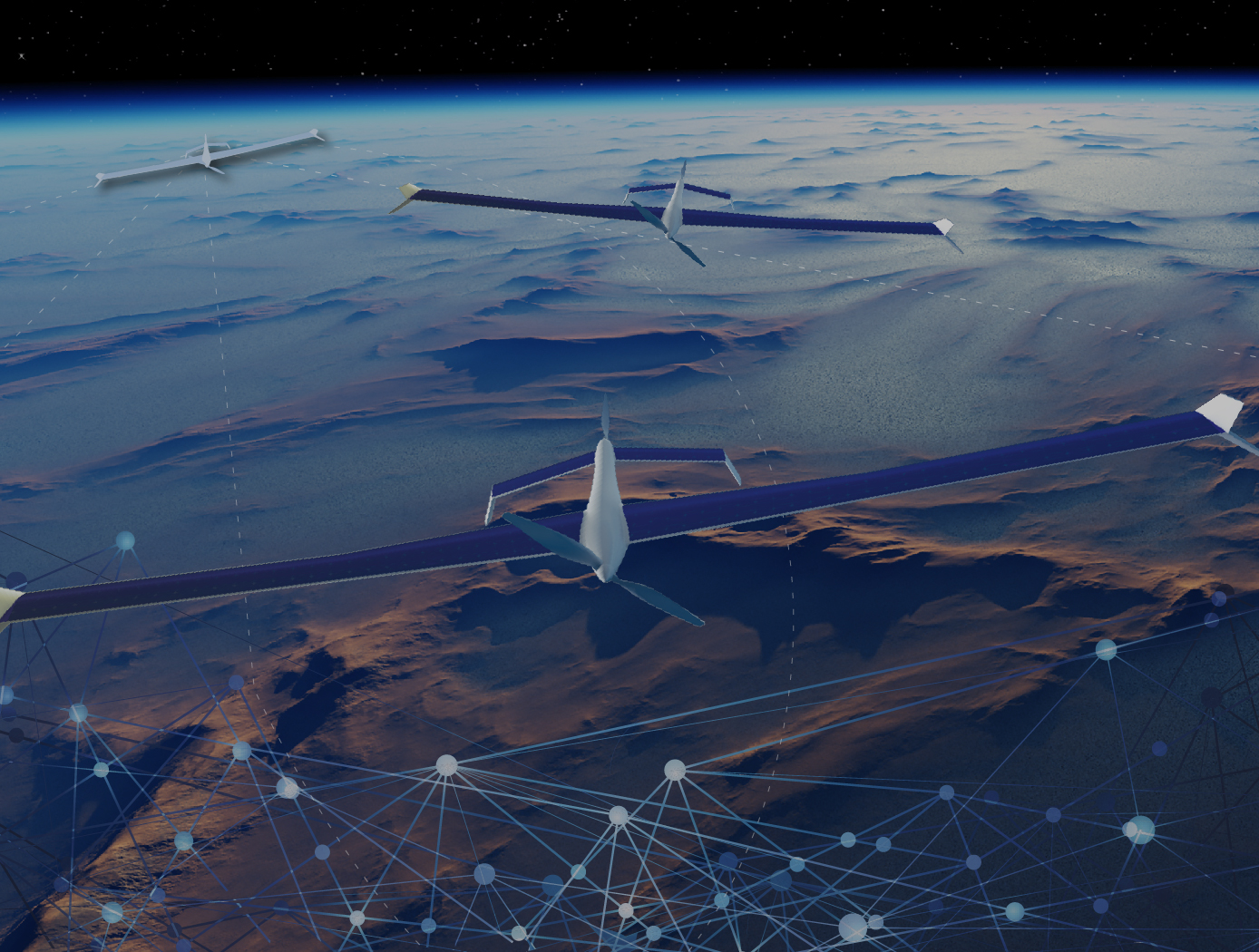
27 October 2020
About the Summit
The role of Internet and Communication Technology (ICT) in bringing about a revolution in almost all aspects of human life needs no introduction. It is indeed a well-known fact that the transmission of the information at a rapid pace has transformed all spheres of human life such as economy, education, and health to name a few. In this context, and as the standardization of the fifth generation (5G) of wireless communication systems (WCSs) has been completed, and 5G networks are in their early stage of deployment, the research visioning and planning of the sixth generation (6G) of WCSs are being initiated. 6G is expected to be the next focus in wireless communication and networking and aim to provide new superior communication services to meet the future hyper-connectivity demands in the 2030s. In addition, keeping in mind that urbanized populations have been the major beneficiary of the advances offered by the previous generations of WCSs and motivated by the recently adopted united nations sustainability development goals intended to be achieved by the year 2030, 6G networks are anticipated to democratize the benefits of ICT. Indeed these advantages are still not experienced by almost 4 billion people in the world who are still “unconnected or under-connected” and who suffer as such from the “digital divide”, a term coined in order to emphasize the lack of ICT infrastructure in many parts of the world. With this background, this Summit aims to go over the recently proposed solutions to provide high-speed connectivity in under-covered areas to serve and contribute to the development of far-flung regions.
Views
Registrations
Speakers
Invited Distinguished Speakers
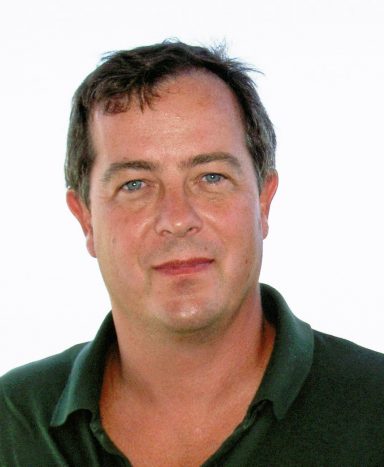
In 1993, whilst working as a design consultant, Sandy Allsopp designed and patented the Helikite which is the world’s only high-altitude, stable, all-weather, lighter-than-air kite. He has 27 years experience of design, manufacture, flight and worldwide sale of Helikites, lighter-than-air aircraft, and
aerostat support systems. He designed the Helibase aerostat handling system for the US Air Force and the Helikite Tactical Launch Trailer which are the two standard systems for inflating and flying Helikites with minimal personnel in all weather conditions. Helikites are now manufactured in numerous sizes from 1m3 up to 250m3. They are capable of lifting numerous payloads up to 7,000ft, from land, small boats, or on ships steaming thousands of miles across oceans.
Sandy Allsopp is the most experienced Helikite operator in the world and teaches the Helikite handling course for Allsopp Helikites Ltd.
Other specialities include: Airborne Radio Communications, lightweight tethers, aerial video/photography, maritime operations, and aerostat winches.
Allsopp Helikites Ltd and Airborne Communications Ltd, operate worldwide. Customers include: NATO, British Army, Royal Marines, Royal Navy, US Navy/Army/Air Force, ADF, DSTL, DARPA, European Commission, British Antarctic Survey, Qinetiq, Sandia Labs, Max Plank Institute.
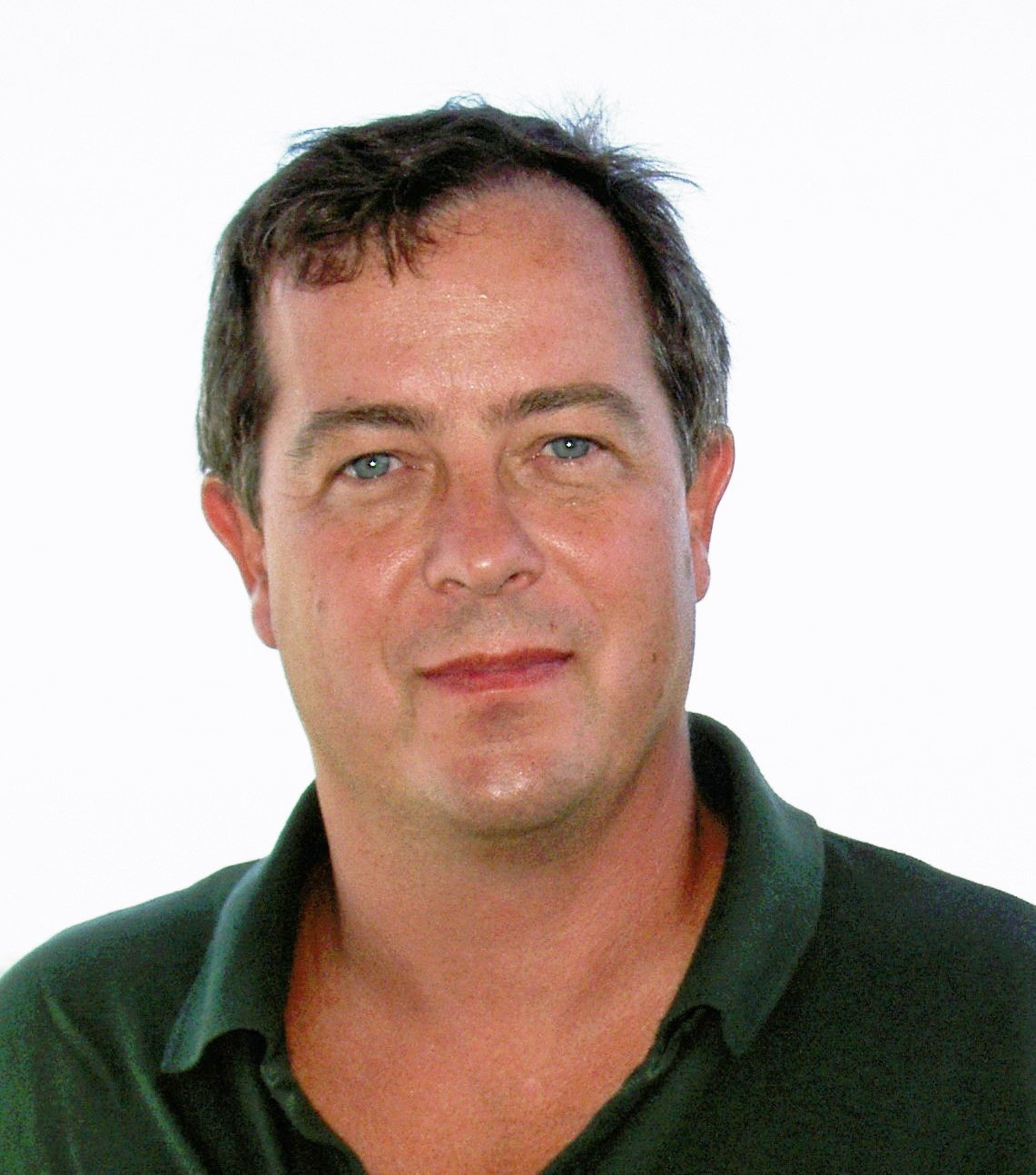
In 1993, whilst working as a design consultant, Sandy Allsopp designed and patented the Helikite which is the world’s only high-altitude, stable, all-weather, lighter-than-air kite. He has 27 years experience of design, manufacture, flight and worldwide sale of Helikites, lighter-than-air aircraft, and
aerostat support systems. He designed the Helibase aerostat handling system for the US Air Force and the Helikite Tactical Launch Trailer which are the two standard systems for inflating and flying Helikites with minimal personnel in all weather conditions. Helikites are now manufactured in numerous sizes from 1m3 up to 250m3. They are capable of lifting numerous payloads up to 7,000ft, from land, small boats, or on ships steaming thousands of miles across oceans.
Sandy Allsopp is the most experienced Helikite operator in the world and teaches the Helikite handling course for Allsopp Helikites Ltd.
Other specialities include: Airborne Radio Communications, lightweight tethers, aerial video/photography, maritime operations, and aerostat winches.
Allsopp Helikites Ltd and Airborne Communications Ltd, operate worldwide. Customers include: NATO, British Army, Royal Marines, Royal Navy, US Navy/Army/Air Force, ADF, DSTL, DARPA, European Commission, British Antarctic Survey, Qinetiq, Sandia Labs, Max Plank Institute.
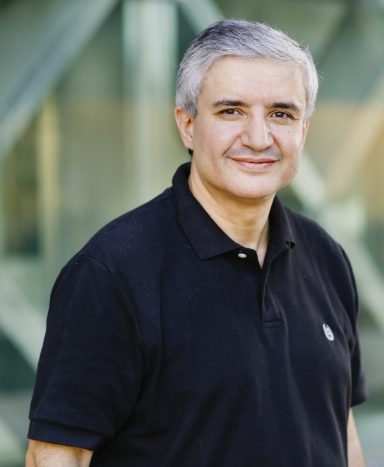
Mohamed-Slim Alouini was born in Tunis, Tunisia. He received the Ph.D. degree in Electrical Engineering
from the California Institute of Technology (Caltech), Pasadena,
CA, USA, in 1998. He served as a faculty member in the University of Minnesota,
Minneapolis, MN, USA, then in the Texas A&M University at Qatar,
Education City, Doha, Qatar before joining King Abdullah University of
Science and Technology (KAUST), Thuwal, Makkah Province, Saudi
Arabia as a Professor of Electrical Engineering in 2009. His current
research interests include the modeling, design, and
performance analysis of wireless communication systems.
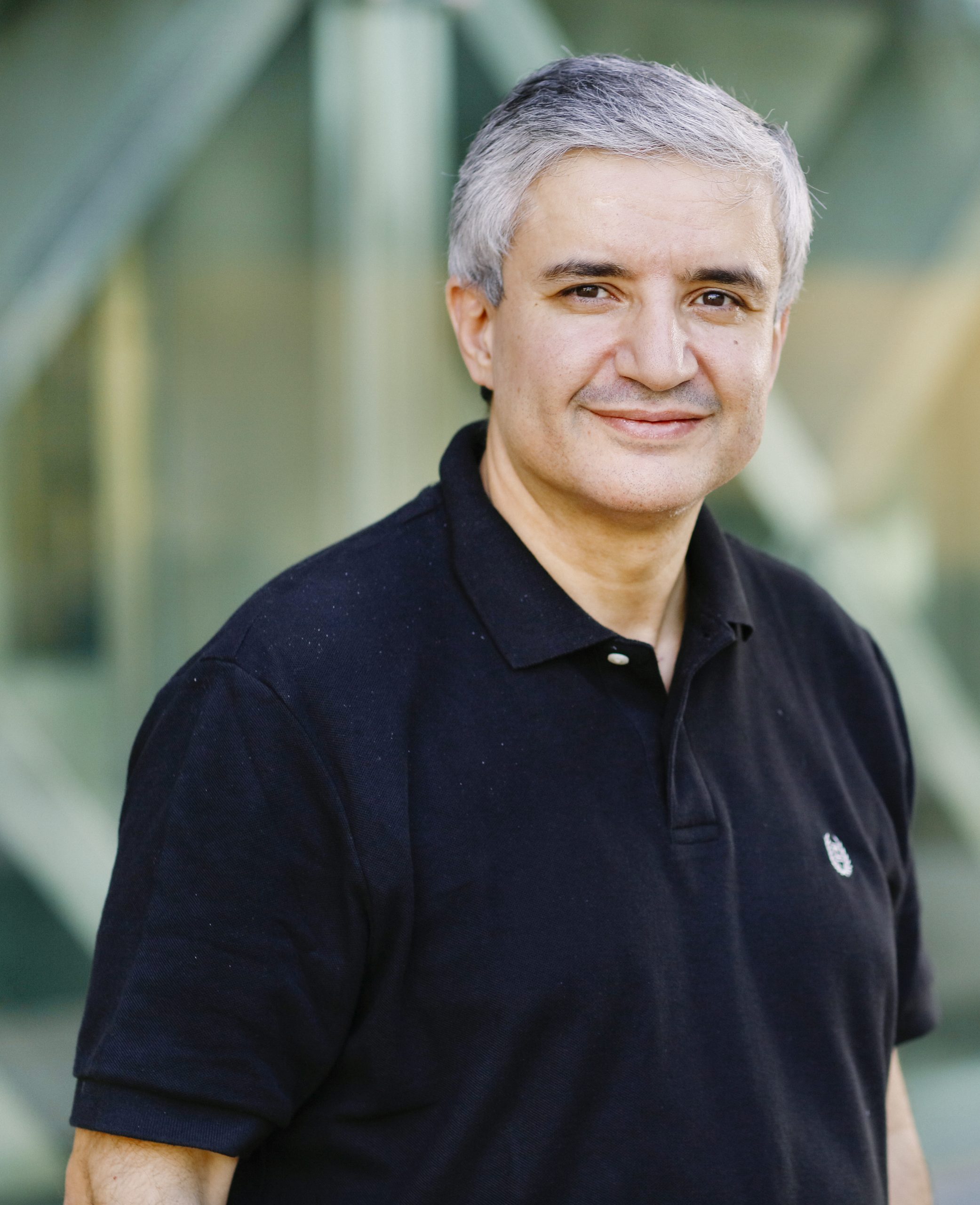
Mohamed-Slim Alouini was born in Tunis, Tunisia. He received the Ph.D. degree in Electrical Engineering
from the California Institute of Technology (Caltech), Pasadena,
CA, USA, in 1998. He served as a faculty member in the University of Minnesota,
Minneapolis, MN, USA, then in the Texas A&M University at Qatar,
Education City, Doha, Qatar before joining King Abdullah University of
Science and Technology (KAUST), Thuwal, Makkah Province, Saudi
Arabia as a Professor of Electrical Engineering in 2009. His current
research interests include the modeling, design, and
performance analysis of wireless communication systems.
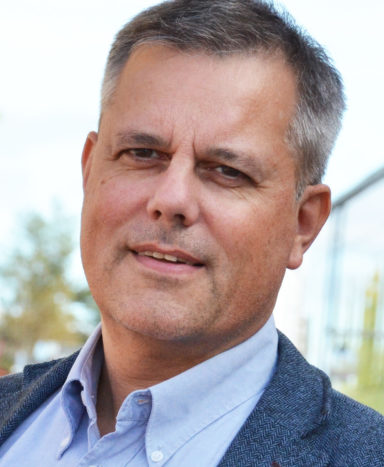
Jaap van de Beek is chaired professor of Signal Processing with Luleå University of Technology, Sweden, and a Fellow of the IEEE. Prior to returning to academia in 2013, he spent a long time in industry telecommunications research labs with Telia Research, Nokia Networks and for more than twelve years with Huawei Technologies. In different roles he has been involved in three generations of mobile cellular communications systems. He developed base station receiver algorithms for GSM evolution systems. He was among those pioneering OFDM as an access scheme for cellular systems in 1997, and for years he has been contributing to the specification of 3GPP's fourth generation LTE standard, for which he holds a number of essential patents. More recently, he has been developing methods that efficiently reduce spectral interference by radio transmitters in 5G systems and beyond. Since 2012 Jaap engages in improving Internet access, wireless network connectivity and cellular radio coverage in rural and remote regions.
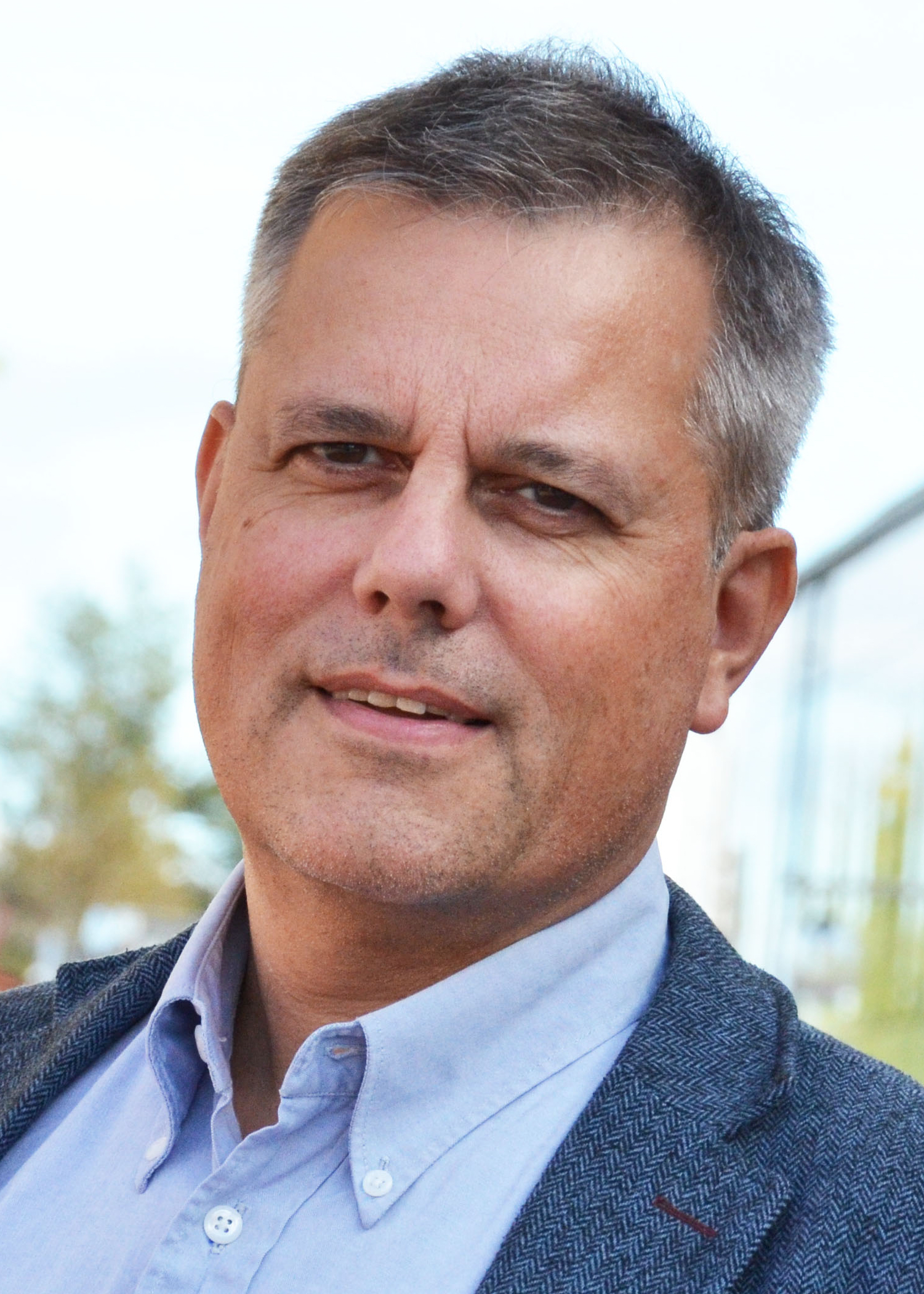
Jaap van de Beek is chaired professor of Signal Processing with Luleå University of Technology, Sweden, and a Fellow of the IEEE. Prior to returning to academia in 2013, he spent a long time in industry telecommunications research labs with Telia Research, Nokia Networks and for more than twelve years with Huawei Technologies. In different roles he has been involved in three generations of mobile cellular communications systems. He developed base station receiver algorithms for GSM evolution systems. He was among those pioneering OFDM as an access scheme for cellular systems in 1997, and for years he has been contributing to the specification of 3GPP's fourth generation LTE standard, for which he holds a number of essential patents. More recently, he has been developing methods that efficiently reduce spectral interference by radio transmitters in 5G systems and beyond. Since 2012 Jaap engages in improving Internet access, wireless network connectivity and cellular radio coverage in rural and remote regions.
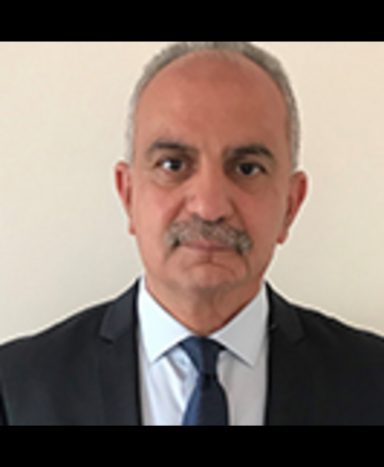
Sofiane Cherif holds a graduate engineering diploma and a doctorate in electrical engineering from the National School of Engineers of Tunis (ENIT), University of Tunis-El Manar, Tunisia. He is a professor and the director of l'Ecole Supérieure des Communications de Tunis (SUP 'COM), Tunisia. He is also the principal investigator of the research laboratory "Communications, Signal and Image (COSIM)" at SUP'COM. His research interests include signal processing applications in wireless communications and networks, IoT systems and cognitive radio.
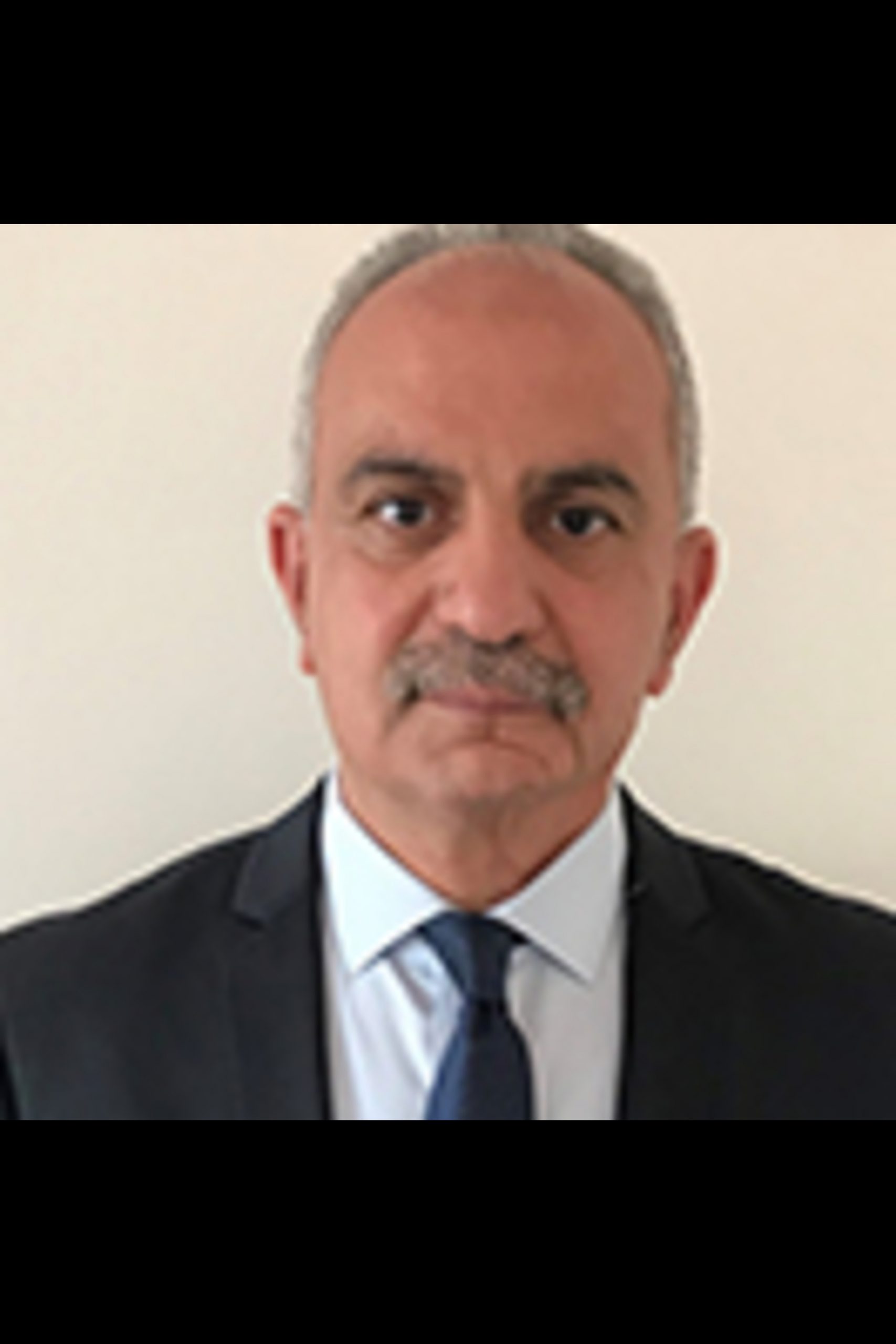
Sofiane Cherif holds a graduate engineering diploma and a doctorate in electrical engineering from the National School of Engineers of Tunis (ENIT), University of Tunis-El Manar, Tunisia. He is a professor and the director of l'Ecole Supérieure des Communications de Tunis (SUP 'COM), Tunisia. He is also the principal investigator of the research laboratory "Communications, Signal and Image (COSIM)" at SUP'COM. His research interests include signal processing applications in wireless communications and networks, IoT systems and cognitive radio.
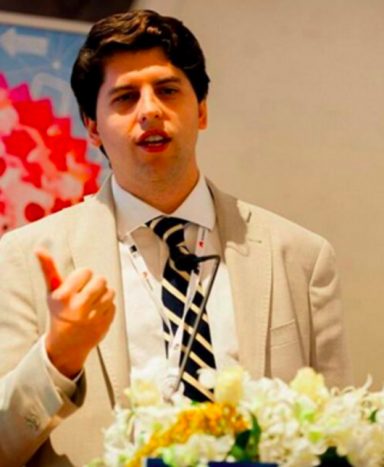
Luca Chiaraviglio is an Associate Professor at the Networking Group in the Department of Electronic Engineering of University of Rome Tor Vergata. He holds a Ph.D. in Telecommunication and Electronics Engineering, obtained from Politecnico di Torino, Italy. He has spent research periods abroad in several international institutions, including: Boston University (USA), INRIA Sophia Antipolis (France), Auckland University of Technology (New Zealand) and ETECSA S.A. (Cuba). Luca has co-authored 130+ publications in international journals, books and conferences, and he has collaborated with more than 200+ co-authors. He participates in the TPC of top-leading conferences, including IEEE INFOCOM, IEEE GLOBECOM, IEEE ICC, IEEE VTC and IEEE GlobalSIP. Moreover, he is in the Editorial Board of IEEE Communications Magazine, IEEE Access and IEEE Transactions on Green Communications and Networking. He is currently the coordinator of the national project BRIGHT: Bringing 5G Connectivity in Rural and Low-Income Areas. During the last years, he has been involved in different European projects, such as H2020 Locus, H2020 5G-EVE, H2020 Superfluidity, FP7 Trend, FP7 EcoNet, and FP7 Bone. Luca has received the Best Paper Award in different conferences, including IEEE VTC and ICIN. Some of his papers are listed as Best Readings on Green Communications by IEEE. Moreover, he has been recognized as an author in the top 1% most highly cited papers in the ICT field worldwide. His papers ”Optimal Energy Savings in Cellular Access Networks” and ”Reducing Power Consumption in Backbone Networks” are the most cited papers from all IEEE ICC conferences and IEEE ICC workshops in the period 2009-2018 (Source: Scopus). He also is an IEEE Senior Member and a founding member of the IEEE communications Society Technical Subcommittee on Green Communications and Computing.
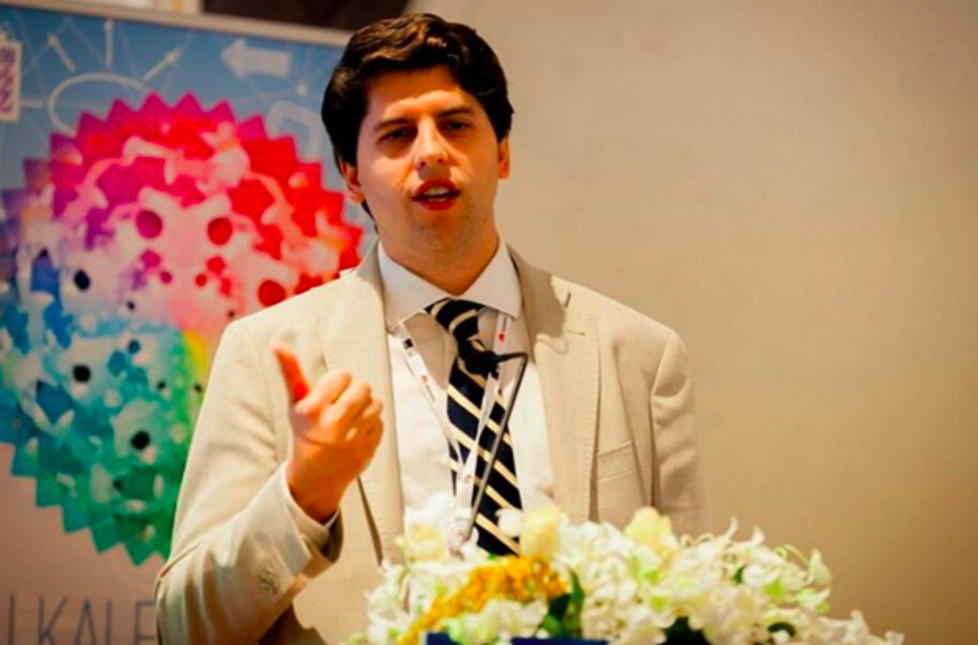
Luca Chiaraviglio is an Associate Professor at the Networking Group in the Department of Electronic Engineering of University of Rome Tor Vergata. He holds a Ph.D. in Telecommunication and Electronics Engineering, obtained from Politecnico di Torino, Italy. He has spent research periods abroad in several international institutions, including: Boston University (USA), INRIA Sophia Antipolis (France), Auckland University of Technology (New Zealand) and ETECSA S.A. (Cuba). Luca has co-authored 130+ publications in international journals, books and conferences, and he has collaborated with more than 200+ co-authors. He participates in the TPC of top-leading conferences, including IEEE INFOCOM, IEEE GLOBECOM, IEEE ICC, IEEE VTC and IEEE GlobalSIP. Moreover, he is in the Editorial Board of IEEE Communications Magazine, IEEE Access and IEEE Transactions on Green Communications and Networking. He is currently the coordinator of the national project BRIGHT: Bringing 5G Connectivity in Rural and Low-Income Areas. During the last years, he has been involved in different European projects, such as H2020 Locus, H2020 5G-EVE, H2020 Superfluidity, FP7 Trend, FP7 EcoNet, and FP7 Bone. Luca has received the Best Paper Award in different conferences, including IEEE VTC and ICIN. Some of his papers are listed as Best Readings on Green Communications by IEEE. Moreover, he has been recognized as an author in the top 1% most highly cited papers in the ICT field worldwide. His papers ”Optimal Energy Savings in Cellular Access Networks” and ”Reducing Power Consumption in Backbone Networks” are the most cited papers from all IEEE ICC conferences and IEEE ICC workshops in the period 2009-2018 (Source: Scopus). He also is an IEEE Senior Member and a founding member of the IEEE communications Society Technical Subcommittee on Green Communications and Computing.
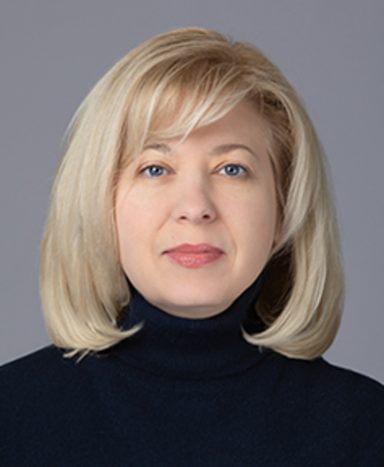
Margo Deckard is a Co-founder and the Chief Operating Officer of Lynk Global, Inc. Her work
analyzing BGAN usage data from the 2014 Ebola Pandemic Crisis Response drove the Lynk team to design a global connectivity solution that uses the unmodified phone in everyone’s pocket. Previously, Margo served as VP of Programs for NexGen Space LLC, where she was the Project
Manager for the Ultra-Low-Cost Access to Space Study for the United States Air Force. This study focused on how the United States Government could leverage free enterprise to achieve low cost access to space to meet U.S. National Security needs in the next 5 years. She was the PI for NASA-funded research on the environmental impacts of space solar power (SSP), and co-authored a study for the National Security Space Office on SSP. Margo wrote a web data
connector for NetHope to connect data from the United Nations Humanitarian Crisis Response Syrian Refugee Crisis REST APIs and populate Tableau. This product will guide over 43 NGOs in their efforts to meet the needs of the Syrian Refugees. She has a BS in Genetic Engineering from Purdue University and an MS in Systems Engineering from Wright State University.

Margo Deckard is a Co-founder and the Chief Operating Officer of Lynk Global, Inc. Her work
analyzing BGAN usage data from the 2014 Ebola Pandemic Crisis Response drove the Lynk team to design a global connectivity solution that uses the unmodified phone in everyone’s pocket. Previously, Margo served as VP of Programs for NexGen Space LLC, where she was the Project
Manager for the Ultra-Low-Cost Access to Space Study for the United States Air Force. This study focused on how the United States Government could leverage free enterprise to achieve low cost access to space to meet U.S. National Security needs in the next 5 years. She was the PI for NASA-funded research on the environmental impacts of space solar power (SSP), and co-authored a study for the National Security Space Office on SSP. Margo wrote a web data
connector for NetHope to connect data from the United Nations Humanitarian Crisis Response Syrian Refugee Crisis REST APIs and populate Tableau. This product will guide over 43 NGOs in their efforts to meet the needs of the Syrian Refugees. She has a BS in Genetic Engineering from Purdue University and an MS in Systems Engineering from Wright State University.
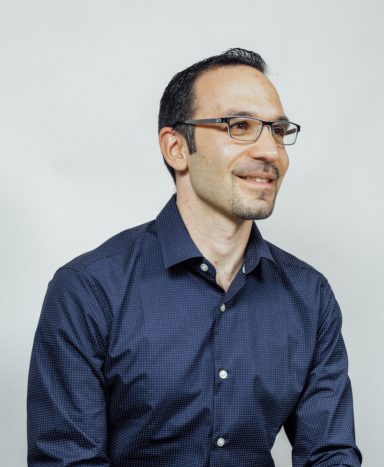
Dr. Baris I. Erkmen has been active in the development of advanced optical
communication and sensing systems for over a decade. He is presently the Engineering Lead of a free-space optical communications project at X, focused on enabling global, abundant, and affordable connectivity. His past responsibilities include Principal Investigator
for NASA’s OPALS laser communication demonstration from the International Space Station (2009-2013), and Engineering Lead for Free-Space Optical Communications demonstrations on Project Loon (2013-2016). His focus encompasses application of both the classical
and quantum properties of light to enable better communication and sensing capabilities. Throughout his career, he has led and participated in projects that range from building field-deployed hardware (terrestrial, airborne, and spaceborne), to tabletop prototype
demonstrations, to investigations of novel approaches to communication and sensing.
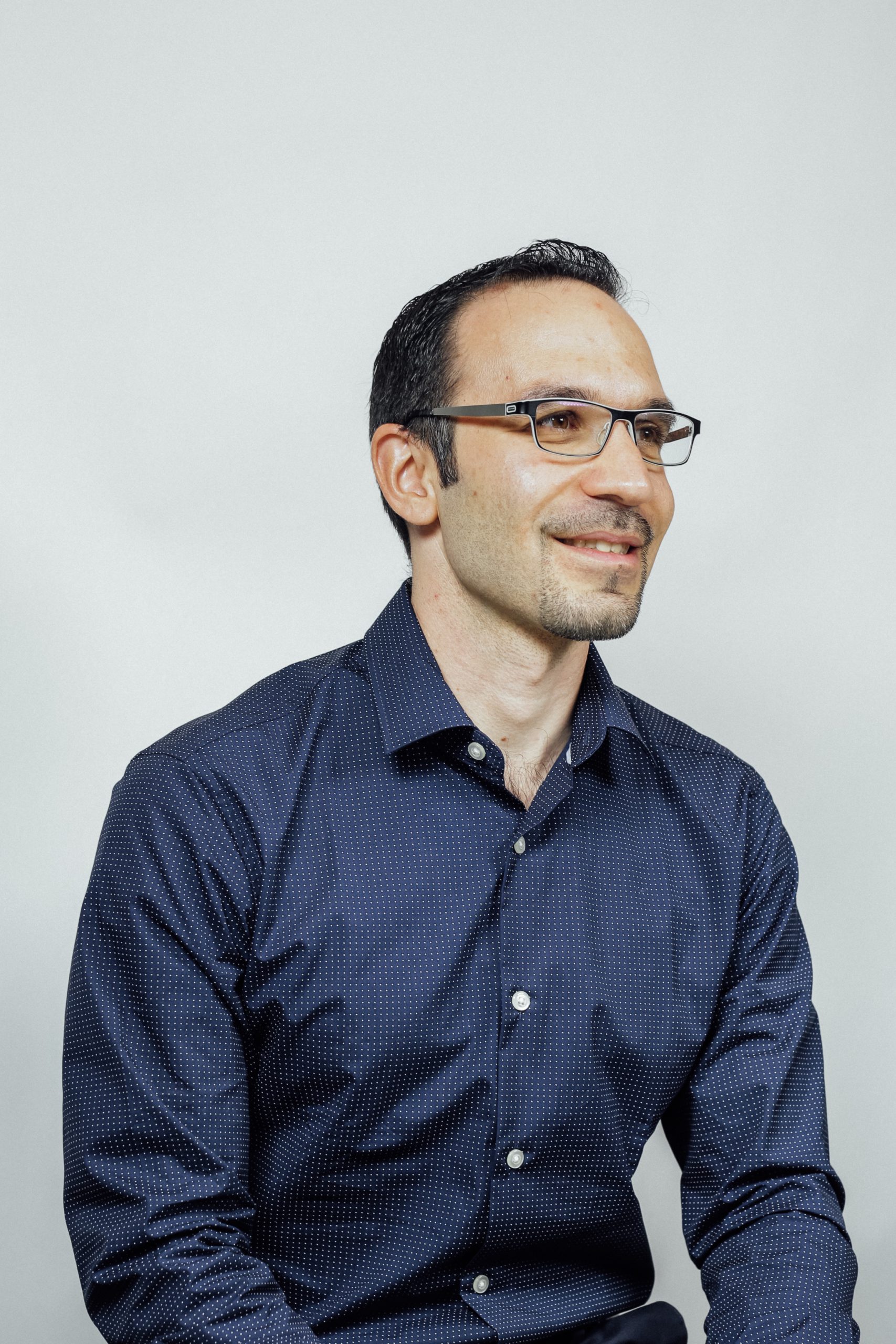
Dr. Baris I. Erkmen has been active in the development of advanced optical
communication and sensing systems for over a decade. He is presently the Engineering Lead of a free-space optical communications project at X, focused on enabling global, abundant, and affordable connectivity. His past responsibilities include Principal Investigator
for NASA’s OPALS laser communication demonstration from the International Space Station (2009-2013), and Engineering Lead for Free-Space Optical Communications demonstrations on Project Loon (2013-2016). His focus encompasses application of both the classical
and quantum properties of light to enable better communication and sensing capabilities. Throughout his career, he has led and participated in projects that range from building field-deployed hardware (terrestrial, airborne, and spaceborne), to tabletop prototype
demonstrations, to investigations of novel approaches to communication and sensing.
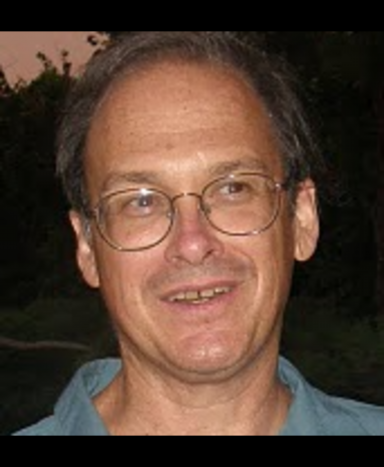
Mr. William Farr has been with Facebook Connectivity since August 2016, initially focusing on optical communications and space-based connectivity. His present research and development interests are focused on the environmental, social, and economic sustainability impacts of global connectivity across a range of deployments from urban to ultra-rural.
Prior to his work at Facebook Connectivity, Mr. Farr was at the NASA Jet Propulsion as the Deep-Space Optical Communications technology development manager. While at JPL he demonstrated a ‘world-record’ 13-bits per incident photon communications demonstration as part of the DARPA “Information-on-a-Photon” (InPho) Program. For this and other photon counting communications developments Mr. Farr received the NASA Exceptional Technology Achievement Medal in 2014 for significantly advancing photon starved communications state-of-the-art. Mr. Farr has over 100 publications across multiple fields including optical communications, quantum physics, software engineering, radioisotope sensors, neurobiology, chemistry, and speleology.

Mr. William Farr has been with Facebook Connectivity since August 2016, initially focusing on optical communications and space-based connectivity. His present research and development interests are focused on the environmental, social, and economic sustainability impacts of global connectivity across a range of deployments from urban to ultra-rural.
Prior to his work at Facebook Connectivity, Mr. Farr was at the NASA Jet Propulsion as the Deep-Space Optical Communications technology development manager. While at JPL he demonstrated a ‘world-record’ 13-bits per incident photon communications demonstration as part of the DARPA “Information-on-a-Photon” (InPho) Program. For this and other photon counting communications developments Mr. Farr received the NASA Exceptional Technology Achievement Medal in 2014 for significantly advancing photon starved communications state-of-the-art. Mr. Farr has over 100 publications across multiple fields including optical communications, quantum physics, software engineering, radioisotope sensors, neurobiology, chemistry, and speleology.
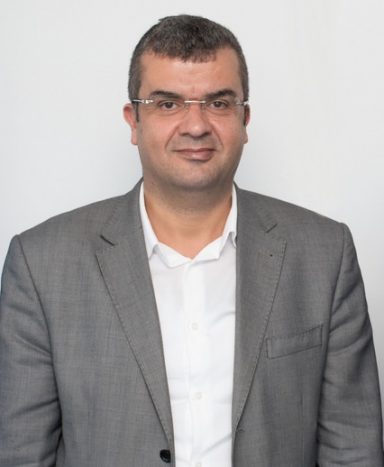
Mounir Frikha is currently a Professor at KFU in Saudi Arabia and a member of the Research Lab MEDIATRON at Carthage University in Tunisia. He was the Director of SUP’COM, the
first Engineering School in Telecommunications in Tunisia from 2011 to 2017. He received his engineering degree in 1993 and his Ph.D. degree in 1999, both in Telecommunications from the University of Braunschweig, Germany.
Ha was an assistant Professor from 1994 to 1999 at the Institute of Communications Systems (ICS), Technical University of Braunschweig, Germany, and was the leader in development of projects in cooperation with the industry (e‑plus: 3rd mobile phone operator in Germany).
He worked from 1999 to 2001 at Siemens, on cellular networks planning projects and was a
project leader in many projects between Siemens and the operator of cellular networks in
Morocco and Lebanon, and a leader for the planning of the cellular network for the second
license in Tunisia.
He was the Head of the Network Department at SUP’COM from 2005 to 2011 and was involved in many European projects to improve the quality of teaching (TEMPUS) and was
responsible for a Master Degree at SUP’COM.
He is president and member of several international conferences program committees, and the
author of about 150 international conference and journal papers and several books within the Hermes collection and Wiley Library. His research interests include the management of Quality of Service, Networking, Mobility and Traffic Engineering.
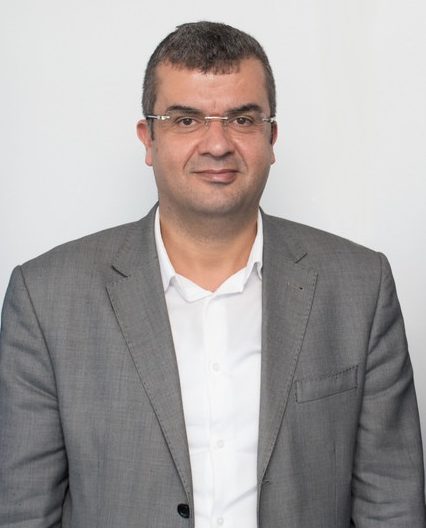
Mounir Frikha is currently a Professor at KFU in Saudi Arabia and a member of the Research Lab MEDIATRON at Carthage University in Tunisia. He was the Director of SUP’COM, the
first Engineering School in Telecommunications in Tunisia from 2011 to 2017. He received his engineering degree in 1993 and his Ph.D. degree in 1999, both in Telecommunications from the University of Braunschweig, Germany.
Ha was an assistant Professor from 1994 to 1999 at the Institute of Communications Systems (ICS), Technical University of Braunschweig, Germany, and was the leader in development of projects in cooperation with the industry (e‑plus: 3rd mobile phone operator in Germany).
He worked from 1999 to 2001 at Siemens, on cellular networks planning projects and was a
project leader in many projects between Siemens and the operator of cellular networks in
Morocco and Lebanon, and a leader for the planning of the cellular network for the second
license in Tunisia.
He was the Head of the Network Department at SUP’COM from 2005 to 2011 and was involved in many European projects to improve the quality of teaching (TEMPUS) and was
responsible for a Master Degree at SUP’COM.
He is president and member of several international conferences program committees, and the
author of about 150 international conference and journal papers and several books within the Hermes collection and Wiley Library. His research interests include the management of Quality of Service, Networking, Mobility and Traffic Engineering.
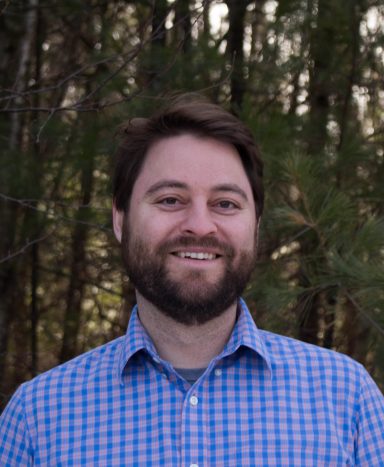
Ben Glass is Co-Founder, CEO and CTO of Altaeros, whose mission is to connect people, machines and data, no matter where in the world they are located. He is driven by a belief that business and technical innovation are the key to creating positive, scalable impact. At Altaeros, Ben is responsible for setting the company’s strategic
vision and keeping the whole team moving towards that vision, as well as providing operational direction for the company. Ben originally developed the idea for Altaeros while researching compact, efficient turbomachinery as part of the MIT Gas Turbine Lab. After developing
the initial prototypes, Ben co-founded Altaeros in 2010. He holds a BS and MS in Aeronautical and Astronautical Engineering from MIT.
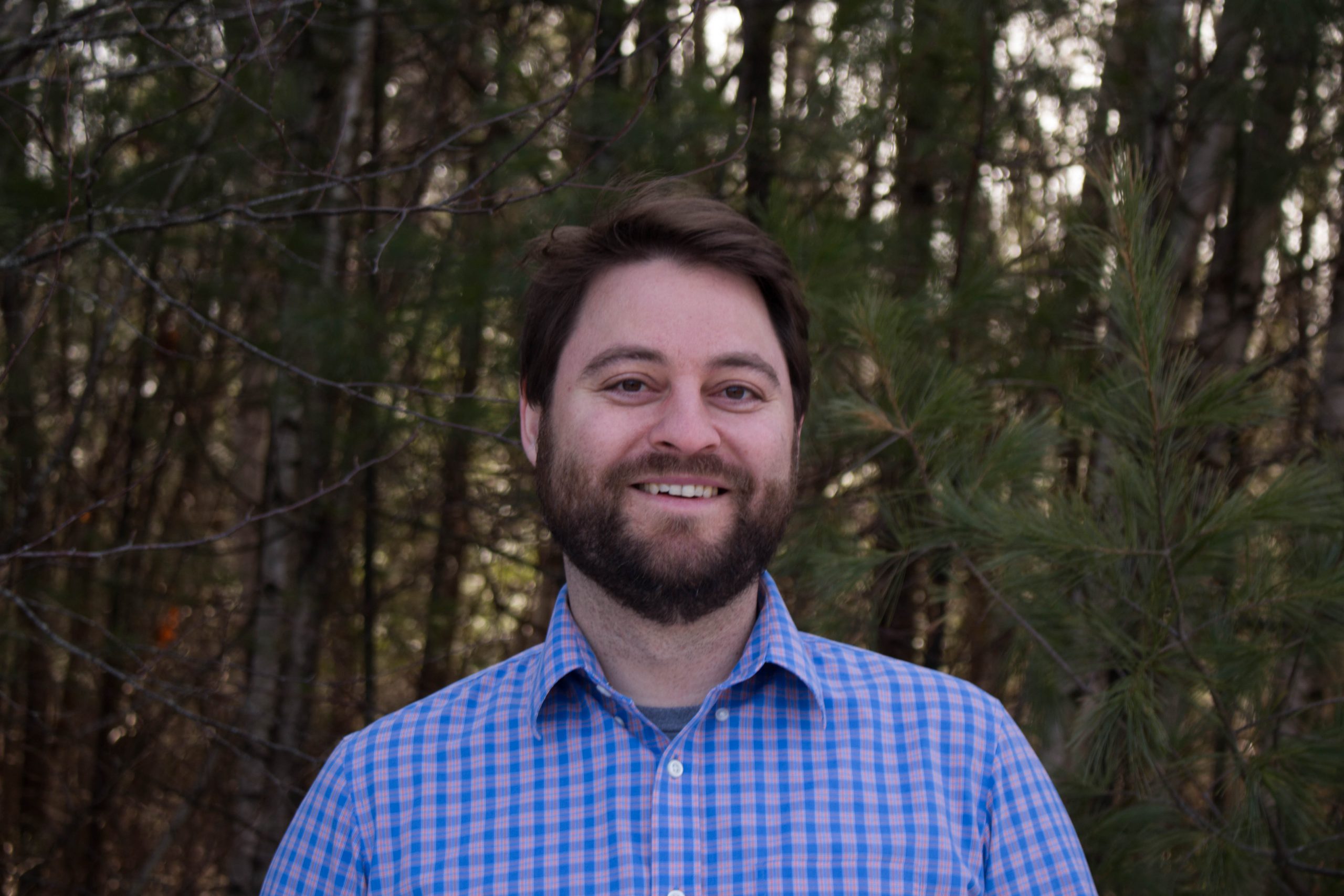
Ben Glass is Co-Founder, CEO and CTO of Altaeros, whose mission is to connect people, machines and data, no matter where in the world they are located. He is driven by a belief that business and technical innovation are the key to creating positive, scalable impact. At Altaeros, Ben is responsible for setting the company’s strategic
vision and keeping the whole team moving towards that vision, as well as providing operational direction for the company. Ben originally developed the idea for Altaeros while researching compact, efficient turbomachinery as part of the MIT Gas Turbine Lab. After developing
the initial prototypes, Ben co-founded Altaeros in 2010. He holds a BS and MS in Aeronautical and Astronautical Engineering from MIT.
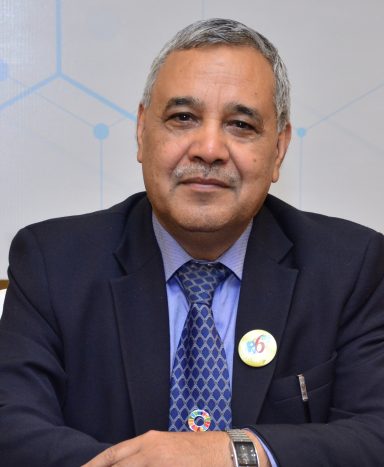
An International expert in NGN technologies, Regulation, Interconnection and Broadband with 40
years’ experience in all aspects of Telecom, including 25 years with Govt. and Regulator, Satya N.
Gupta is publicly recognized as an Analyst, Author, Advocate and Advisor on ICT related Policies,
Projects and Business. After his post-graduation from IISc. Bangalore, he joined ministry of
Communication in 1981 and Ministry of railways in 1983. He is recipient of Minister of railways
award for outstanding performance for the digitalisation project.
A triple master in Electronics Design Technology, IT Management and Telecom Policy and
Regulation, he is globally known as “NGNguru” he is a trainer and coach for telecommunication
technologies, policy and regulation and a Regulatory advocate. Author of "Everything over IP-All
you want to know about NGN". He also authored a concept called “Job Factory- Converting
Unemployment into Intraprenuership”. His recent research-based work, “Long Tail - Walking the
Extra Mile on Rural Broadband Business”, brings out the innovative business models for rural
broadband connectivity. He has also established and mentoring a consulting startup named SAAM
CorpAdvisors providing Govt. Affairs as Managed Service.
He is Honorary Secretary General of ITU-APT Foundation of India. Additionally, he is Vice-
President and Trustee of PTCIF and Co-chairs BIF committee on Rural Digital Infrastructure. He
founded NGN Forum in India to spread awareness and capacity building in the field of emerging
technologies. As a member of Expert panel of Commonwealth Telecom Organisation, he conducts
training programs in the areas of NGN Technologies, Broadband Policy and Regulation,
Interconnection Costing in NGN Era, Spectrum Management, IPV6, Artificial Intelligence,
Blockchain and Blue-Ocean Strategy. He is first Indian recipient of IPv6 Hall of Fame – 2019 by
Global IPv6 Forum and also the Chairman of India IPv6 Council.
Presently, he is working as Chairman, BLUETOWN, India & BIMSTEC, S. Asia to forge newer
partnerships and “Making It Happen” its Vision of “Connecting the Unconnected people living in
Rural areas of World”.
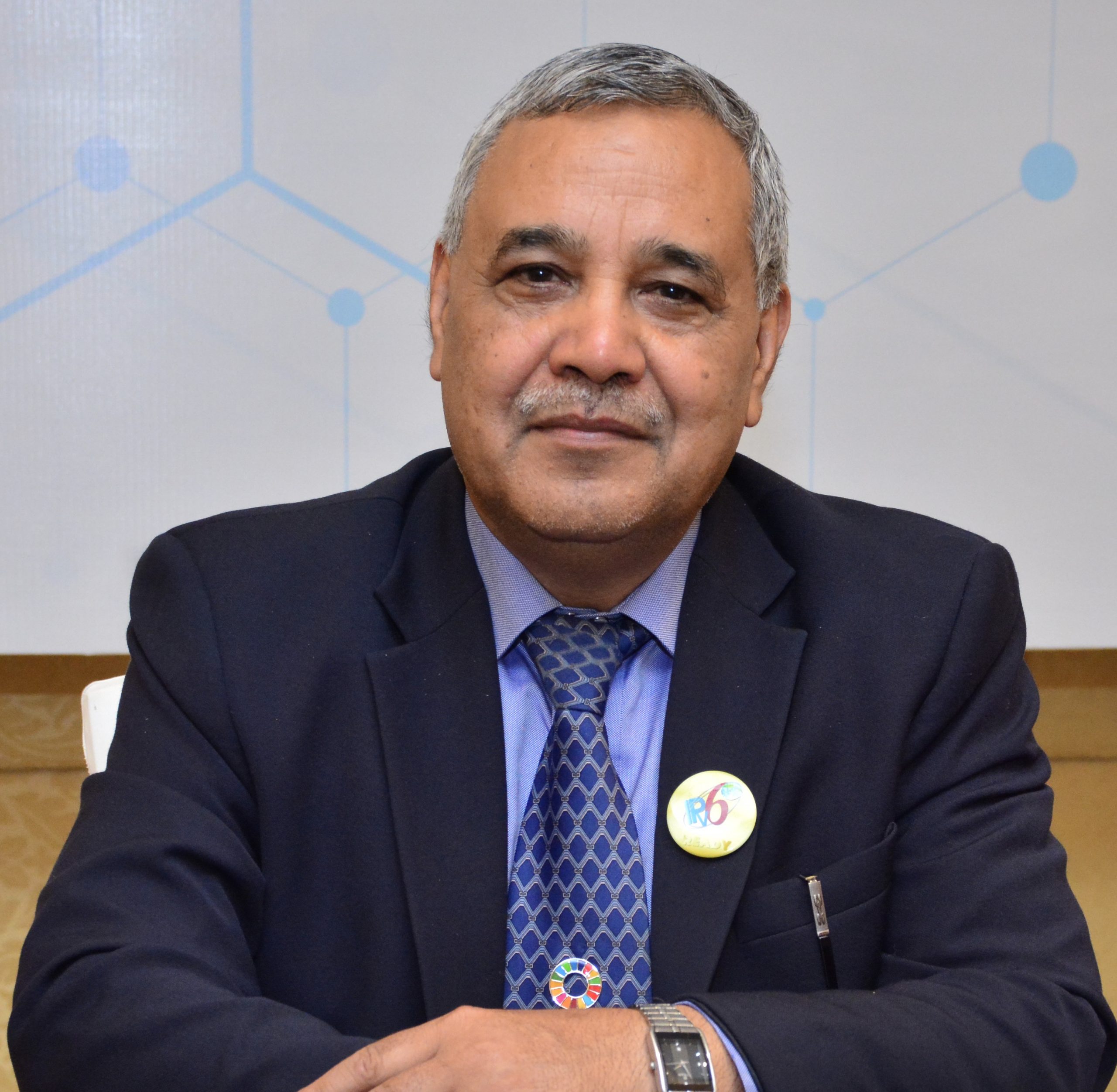
An International expert in NGN technologies, Regulation, Interconnection and Broadband with 40
years’ experience in all aspects of Telecom, including 25 years with Govt. and Regulator, Satya N.
Gupta is publicly recognized as an Analyst, Author, Advocate and Advisor on ICT related Policies,
Projects and Business. After his post-graduation from IISc. Bangalore, he joined ministry of
Communication in 1981 and Ministry of railways in 1983. He is recipient of Minister of railways
award for outstanding performance for the digitalisation project.
A triple master in Electronics Design Technology, IT Management and Telecom Policy and
Regulation, he is globally known as “NGNguru” he is a trainer and coach for telecommunication
technologies, policy and regulation and a Regulatory advocate. Author of "Everything over IP-All
you want to know about NGN". He also authored a concept called “Job Factory- Converting
Unemployment into Intraprenuership”. His recent research-based work, “Long Tail - Walking the
Extra Mile on Rural Broadband Business”, brings out the innovative business models for rural
broadband connectivity. He has also established and mentoring a consulting startup named SAAM
CorpAdvisors providing Govt. Affairs as Managed Service.
He is Honorary Secretary General of ITU-APT Foundation of India. Additionally, he is Vice-
President and Trustee of PTCIF and Co-chairs BIF committee on Rural Digital Infrastructure. He
founded NGN Forum in India to spread awareness and capacity building in the field of emerging
technologies. As a member of Expert panel of Commonwealth Telecom Organisation, he conducts
training programs in the areas of NGN Technologies, Broadband Policy and Regulation,
Interconnection Costing in NGN Era, Spectrum Management, IPV6, Artificial Intelligence,
Blockchain and Blue-Ocean Strategy. He is first Indian recipient of IPv6 Hall of Fame – 2019 by
Global IPv6 Forum and also the Chairman of India IPv6 Council.
Presently, he is working as Chairman, BLUETOWN, India & BIMSTEC, S. Asia to forge newer
partnerships and “Making It Happen” its Vision of “Connecting the Unconnected people living in
Rural areas of World”.
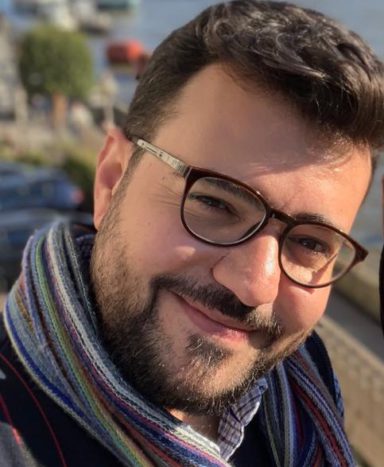
Laith Hamad is a satellite regulatory engineer and is the Director of Market Access at OneWeb LLC. Laith’s area of specialization is the Middle East and Africa and he runs OneWeb engagement in the region. In his position, he works to support regulatory, commercial and competitive intelligence on telecommunications policies and processes for OneWeb. Laith also works closely with regulators to ensure compliance with local rules and regulations, as well as coordinating landing rights and licenses for OneWeb services.
Before devoting his work fulltime to OneWeb, Laith has worked as a consultant for major telecom players providing advice on global satellite, mobile and Internet regulatory issues, and facilitating co-ordination of agreements between clients and national telecommunications operators in the Middle East and Africa region.
Laith has contributed to the implementation of international agreements affecting satellite technology innovations and best practices in national regulatory processes in the region. He assisted clients to introduce and manage their services by conducting a complete market research, engaging with national governments to gain information on their practices, and influencing outcomes. He also drafted license applications and developed argumentation in support of network approvals. Laith has participated in the ITU-R and ITU-T conferences and events, and he engaged in its practices internationally and in the region on the issues of the public policies related to satellite communications. Laith has run a telecom and media industry group for four years - a private sector group charged with advising the UAE government on optimizing policy.
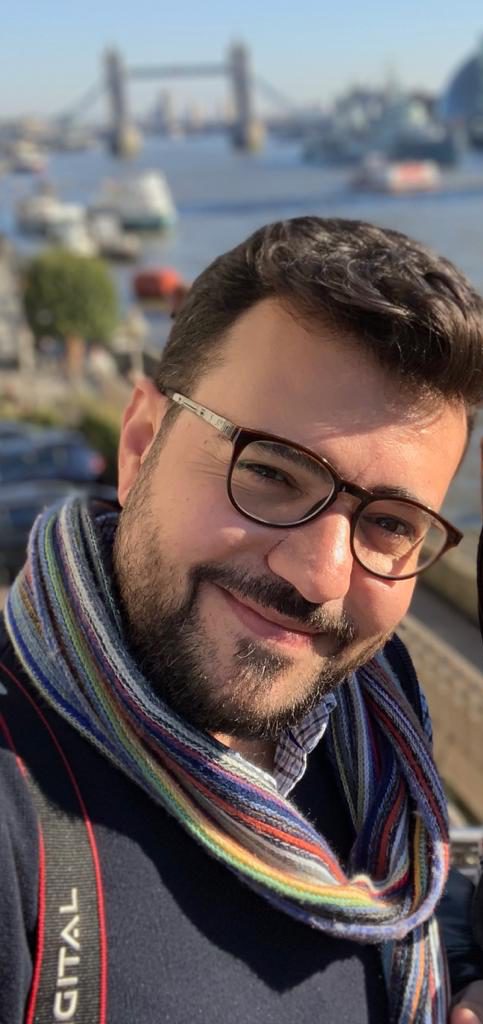
Laith Hamad is a satellite regulatory engineer and is the Director of Market Access at OneWeb LLC. Laith’s area of specialization is the Middle East and Africa and he runs OneWeb engagement in the region. In his position, he works to support regulatory, commercial and competitive intelligence on telecommunications policies and processes for OneWeb. Laith also works closely with regulators to ensure compliance with local rules and regulations, as well as coordinating landing rights and licenses for OneWeb services.
Before devoting his work fulltime to OneWeb, Laith has worked as a consultant for major telecom players providing advice on global satellite, mobile and Internet regulatory issues, and facilitating co-ordination of agreements between clients and national telecommunications operators in the Middle East and Africa region.
Laith has contributed to the implementation of international agreements affecting satellite technology innovations and best practices in national regulatory processes in the region. He assisted clients to introduce and manage their services by conducting a complete market research, engaging with national governments to gain information on their practices, and influencing outcomes. He also drafted license applications and developed argumentation in support of network approvals. Laith has participated in the ITU-R and ITU-T conferences and events, and he engaged in its practices internationally and in the region on the issues of the public policies related to satellite communications. Laith has run a telecom and media industry group for four years - a private sector group charged with advising the UAE government on optimizing policy.
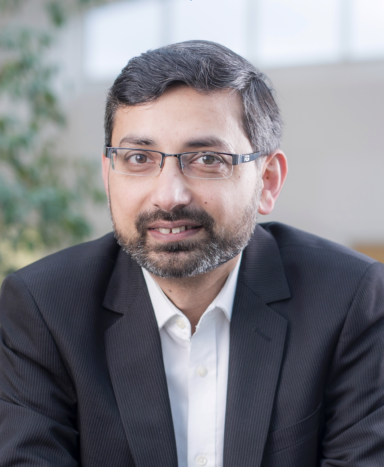
Muhammad Ali Imran (M'03, SM'12) Fellow IET, Senior Member IEEE, Senior Fellow HEA is a Professor of Wireless Communication Systems with research interests in self organised networks, wireless networked control systems and the wireless sensor systems. He heads the Communications, Sensing and Imaging CSI research group at University of Glasgow. He is an Affiliate Professor at the University of Oklahoma, USA and a visiting Professor at 5G Innovation Centre, University of Surrey, UK. He has over 20 years of combined academic and industry experience with several leading roles in multi-million pounds funded projects. He has filed 15 patents; has authored/co-authored over 400 journal and conference publications; was editor of 5 books and author of more than 20 book chapters; has successfully supervised over 40 postgraduate students at Doctoral level. He has been a consultant to international projects and local companies in the area of self-organised networks. He has been interviewed by BBC, Scottish TV and many Radio channels on the topic of 5G technology.
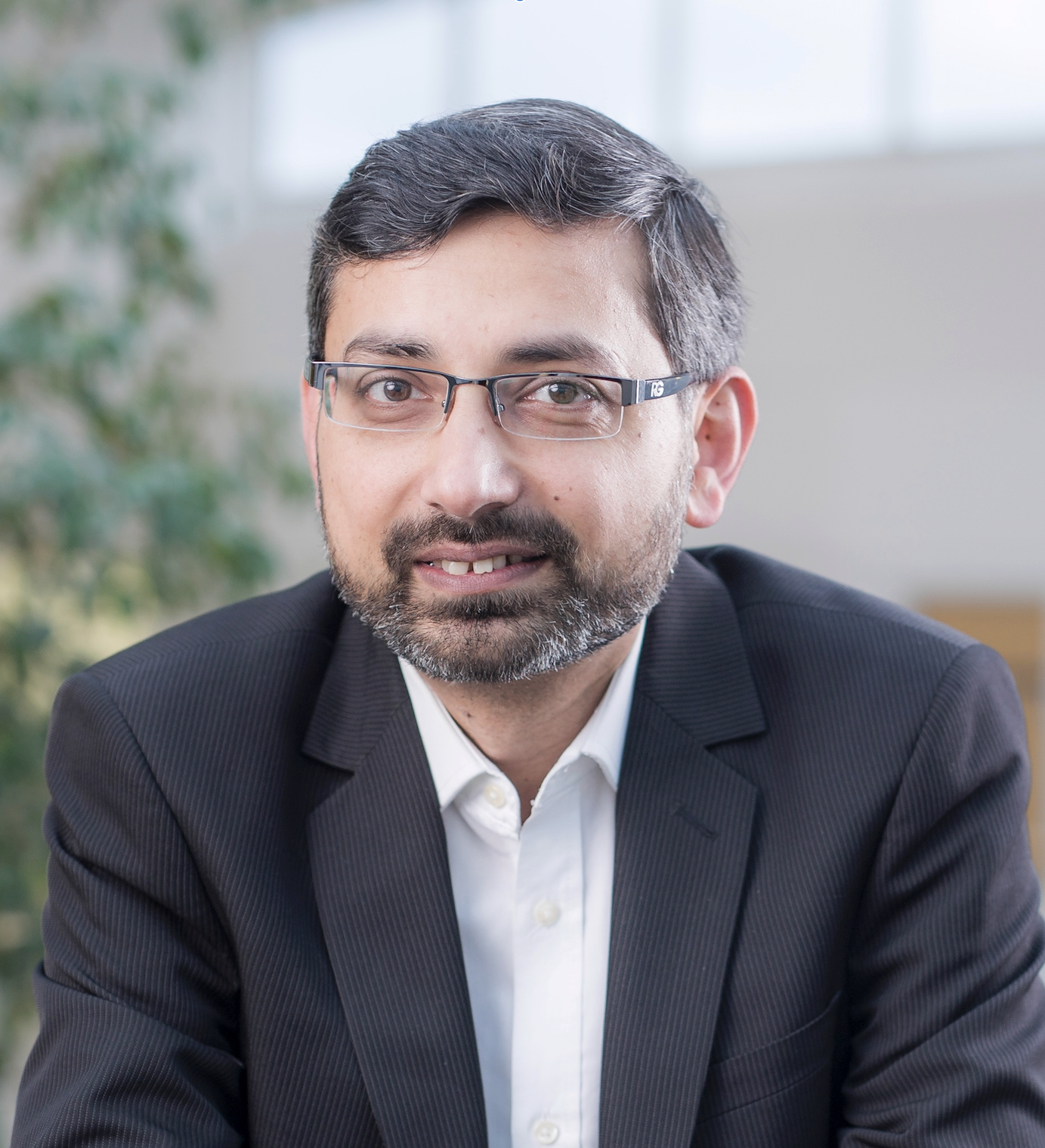
Muhammad Ali Imran (M'03, SM'12) Fellow IET, Senior Member IEEE, Senior Fellow HEA is a Professor of Wireless Communication Systems with research interests in self organised networks, wireless networked control systems and the wireless sensor systems. He heads the Communications, Sensing and Imaging CSI research group at University of Glasgow. He is an Affiliate Professor at the University of Oklahoma, USA and a visiting Professor at 5G Innovation Centre, University of Surrey, UK. He has over 20 years of combined academic and industry experience with several leading roles in multi-million pounds funded projects. He has filed 15 patents; has authored/co-authored over 400 journal and conference publications; was editor of 5 books and author of more than 20 book chapters; has successfully supervised over 40 postgraduate students at Doctoral level. He has been a consultant to international projects and local companies in the area of self-organised networks. He has been interviewed by BBC, Scottish TV and many Radio channels on the topic of 5G technology.
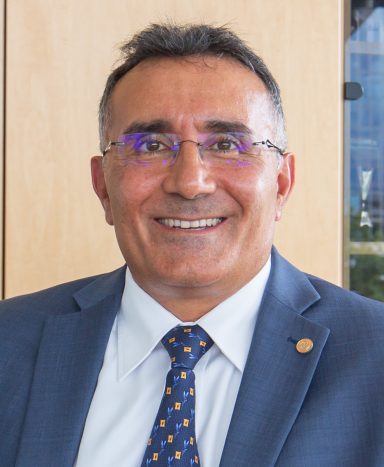
A distinguished engineer, leader, and diplomat; multilingual standardization expert and holder of 22
patents, Tunisian born Dr. Bilel Jamoussi has been Chief of the Study Groups Department of ITU
Standardization Bureau (TSB) in Geneva Switzerland since 2010.
He has led the coordination of the bureau’s standards moving activities into a new era characterized
by digital transformation that needs an increased collaboration with vertical sectors such as
healthcare, transportation, utility, and banking.
His innovative approach has served as a catalyst to launch new standards initiatives related to
emerging technologies such as IoT, Blockchain, AI and Quantum, attracting a new wave of
memberships from non-traditional players.
He has also been credited with bringing the telco and financial sectors together to develop digital
payments guidelines and standards with the aim of advancing financial inclusion globally.
Bilel is recognized as a key figure in the ICT industry.
Key achievements under his tenure have been important new standards while effectively managing
staff by recruiting new talent, improving gender balance, delivering new work methods, and staying
within budget.
Prior to 2010, he worked in the private sector for 15 years and held senior executive positions such
as Director of Standards for Nortel. In this role he participated in over 90 standards making bodies
worldwide. In the Internet Engineering Task Force (IETF), he authored a number of Internet
standards.
As an IEEE Senior Member, he was elected to the IEEE Standards Association (IEEE-SA) Board of
Governors and the IEEE-SA Corporate Advisory Group.
He holds a BSc, MSc and PhD degrees in Computer Engineering from the Pennsylvania State
University, USA.
Bilel has lived in Tunisia, Canada, USA, and Switzerland, giving him a unique global viewpoint. He is
fluent in Arabic, French, and English and speaks some Spanish and German.
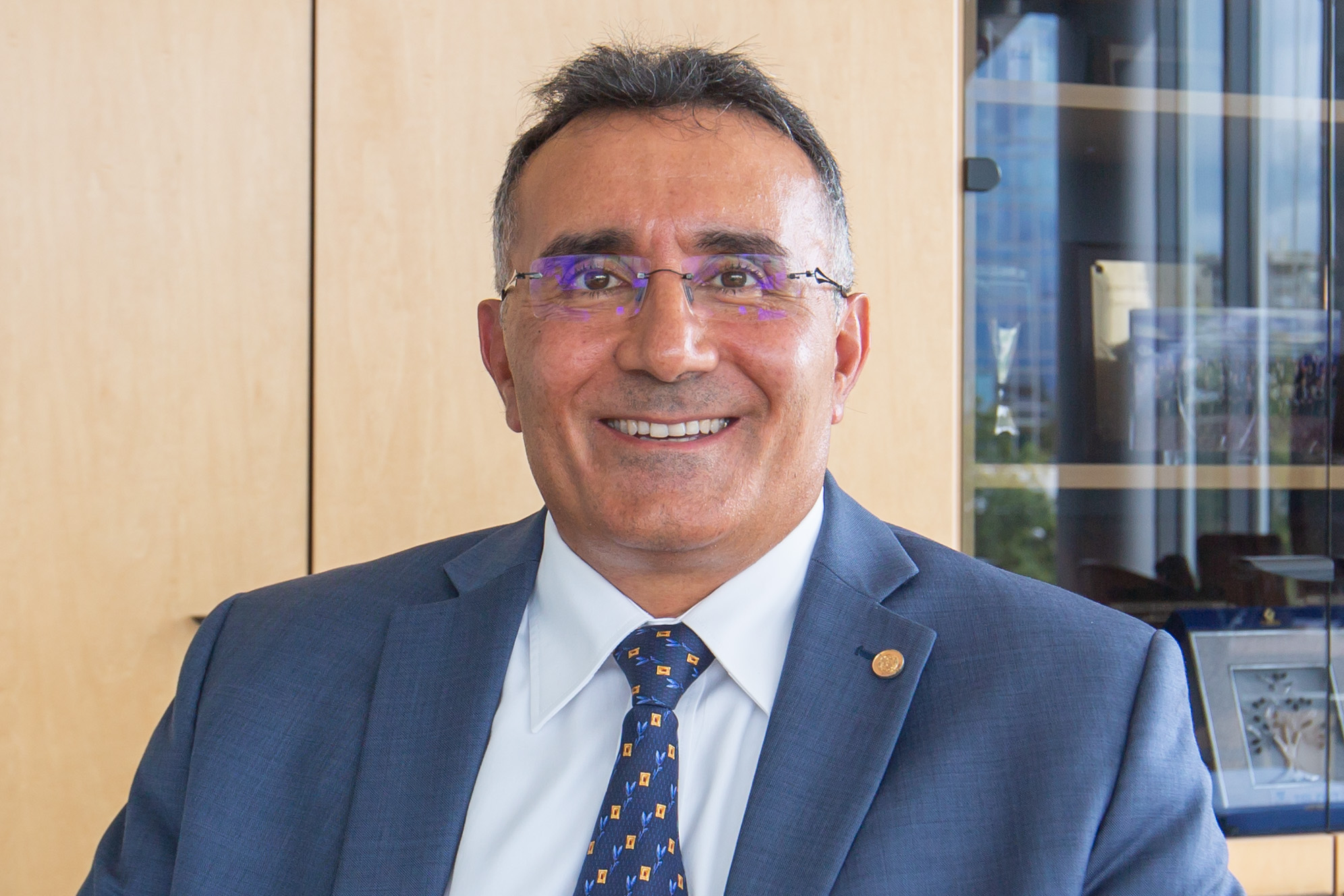
A distinguished engineer, leader, and diplomat; multilingual standardization expert and holder of 22
patents, Tunisian born Dr. Bilel Jamoussi has been Chief of the Study Groups Department of ITU
Standardization Bureau (TSB) in Geneva Switzerland since 2010.
He has led the coordination of the bureau’s standards moving activities into a new era characterized
by digital transformation that needs an increased collaboration with vertical sectors such as
healthcare, transportation, utility, and banking.
His innovative approach has served as a catalyst to launch new standards initiatives related to
emerging technologies such as IoT, Blockchain, AI and Quantum, attracting a new wave of
memberships from non-traditional players.
He has also been credited with bringing the telco and financial sectors together to develop digital
payments guidelines and standards with the aim of advancing financial inclusion globally.
Bilel is recognized as a key figure in the ICT industry.
Key achievements under his tenure have been important new standards while effectively managing
staff by recruiting new talent, improving gender balance, delivering new work methods, and staying
within budget.
Prior to 2010, he worked in the private sector for 15 years and held senior executive positions such
as Director of Standards for Nortel. In this role he participated in over 90 standards making bodies
worldwide. In the Internet Engineering Task Force (IETF), he authored a number of Internet
standards.
As an IEEE Senior Member, he was elected to the IEEE Standards Association (IEEE-SA) Board of
Governors and the IEEE-SA Corporate Advisory Group.
He holds a BSc, MSc and PhD degrees in Computer Engineering from the Pennsylvania State
University, USA.
Bilel has lived in Tunisia, Canada, USA, and Switzerland, giving him a unique global viewpoint. He is
fluent in Arabic, French, and English and speaks some Spanish and German.
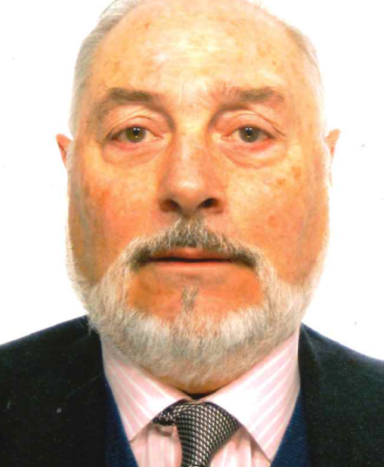
Gonzalo León is a Doctor in Telecommunications Engineering by the Technical University of Madrid (UPM) and a Telematics Engineering Professor in the Superior Technical School of Telecommunication Engineers of UPM. He has devoted his research activity to the development of software systems and in the transfer models of technology, participating in various National Projects and in the Framework Programme of the European Union. He has been General Vice-Director of international relations of R&D and Vice-Secretary of the General National Plan of R+D at the Ministry of Education and Culture and Secretary General of Scientific Policy at the Science and Technology Ministry.
In April 2004, he was appointed as Vice Chancellor of Research in the Universidad Politécnica de Madrid, position that he occupied until December 2013. In January 2013 he is appointed Director of the Technological Innovation Support Centre, position that he still occupies. In January 2013 he was also appointed Deputy to the Chancellor for Strategic Programs until April 2016 in which he is named Delegado del Rector para Partenariados de Innovación.
He has been president and member of diverse expert groups of the European Union. He has presided the Advisory Group for Space Investigation of the Framework Program of R&D of the European Union, the group of experts for the monitoring of the Lisbon Strategy and the Research Infrastructure. He has been a speaker in the High Level Civil Servants Group of the G8 for big scientific facilities. Currently, he is the Spanish representative in the EU FET Flagship “Human Brain Project”.
He has worked as consultant for the governments of South Africa , Mexico, Romania, Slovenia, Tunisia and Morocco on the evaluation and design of science and innovation policies.
Today, he is Senior Policy Adviser in the Spanish Secretary of State of Science and Innovation, the Spanish representative of the Strategic Forum for International Cooperation of the EU, and Vice President of the Foundation of Technologies for Defense.
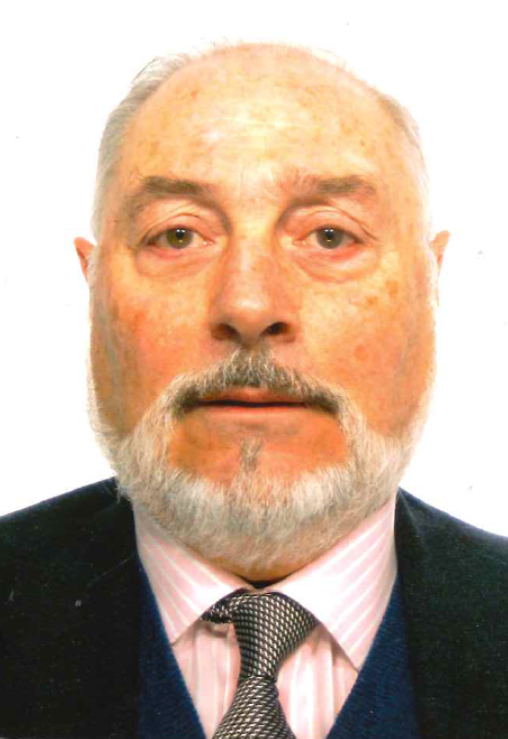
Gonzalo León is a Doctor in Telecommunications Engineering by the Technical University of Madrid (UPM) and a Telematics Engineering Professor in the Superior Technical School of Telecommunication Engineers of UPM. He has devoted his research activity to the development of software systems and in the transfer models of technology, participating in various National Projects and in the Framework Programme of the European Union. He has been General Vice-Director of international relations of R&D and Vice-Secretary of the General National Plan of R+D at the Ministry of Education and Culture and Secretary General of Scientific Policy at the Science and Technology Ministry.
In April 2004, he was appointed as Vice Chancellor of Research in the Universidad Politécnica de Madrid, position that he occupied until December 2013. In January 2013 he is appointed Director of the Technological Innovation Support Centre, position that he still occupies. In January 2013 he was also appointed Deputy to the Chancellor for Strategic Programs until April 2016 in which he is named Delegado del Rector para Partenariados de Innovación.
He has been president and member of diverse expert groups of the European Union. He has presided the Advisory Group for Space Investigation of the Framework Program of R&D of the European Union, the group of experts for the monitoring of the Lisbon Strategy and the Research Infrastructure. He has been a speaker in the High Level Civil Servants Group of the G8 for big scientific facilities. Currently, he is the Spanish representative in the EU FET Flagship “Human Brain Project”.
He has worked as consultant for the governments of South Africa , Mexico, Romania, Slovenia, Tunisia and Morocco on the evaluation and design of science and innovation policies.
Today, he is Senior Policy Adviser in the Spanish Secretary of State of Science and Innovation, the Spanish representative of the Strategic Forum for International Cooperation of the EU, and Vice President of the Foundation of Technologies for Defense.
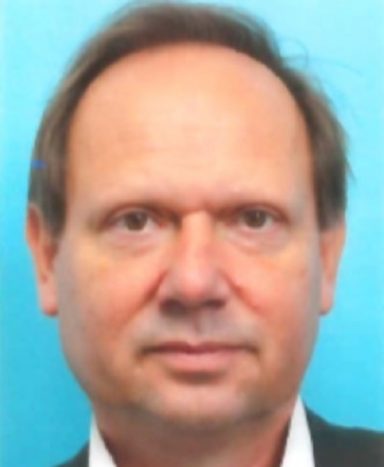
During a career spanning more than 30 years, Michel has worked in defence,
aeronautics and telecommunications industries. He commenced his career
designing tactical radio networks and ultimately became responsible for the
Marketing and Sales towards the French customers of all Thales
Communications systems and services which encompass Combat Net Radios,
tactical networks, sigint products and information systems.
In 2003, he moved to Thales Training & Simulation (TT&S) responsible for
very large service bids including full financing packages for the German NH90,
and the A400M, simulator training centers. In addition he also managed large
bids for the operation of airborne platforms such as the UK MoD and DFTS
Search and Rescue Helicopter programs.
In 2009, he joined Thales’s space division, to be responsible for the sale and
lease back of the Syracuse 3 (French milsatcom constellation) and,
subsequently, the Syracuse 4 satellite offer to the French MoD.
Since 2014, Michel has been responsible for the business development and sales
of Stratobus - a new, high altitude platform currently under development in
Europe.

During a career spanning more than 30 years, Michel has worked in defence,
aeronautics and telecommunications industries. He commenced his career
designing tactical radio networks and ultimately became responsible for the
Marketing and Sales towards the French customers of all Thales
Communications systems and services which encompass Combat Net Radios,
tactical networks, sigint products and information systems.
In 2003, he moved to Thales Training & Simulation (TT&S) responsible for
very large service bids including full financing packages for the German NH90,
and the A400M, simulator training centers. In addition he also managed large
bids for the operation of airborne platforms such as the UK MoD and DFTS
Search and Rescue Helicopter programs.
In 2009, he joined Thales’s space division, to be responsible for the sale and
lease back of the Syracuse 3 (French milsatcom constellation) and,
subsequently, the Syracuse 4 satellite offer to the French MoD.
Since 2014, Michel has been responsible for the business development and sales
of Stratobus - a new, high altitude platform currently under development in
Europe.
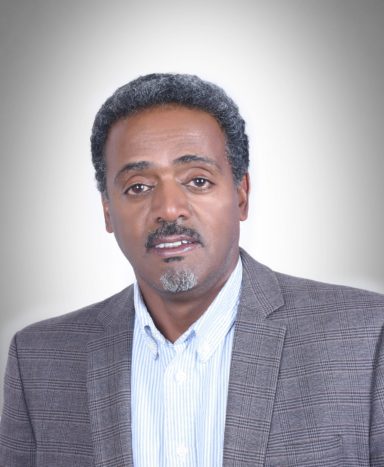
Dr. Fisseha Mekuria, Chief Research Scientist, CSIR, South Africa. He has a PhD from Linköping University, in Sweden, and has worked for 10 years as Senior research Engineer at Ericsson Mobile Communications R&D lab in Sweden, and is author of 17 US/EPO patents. He has published over 80 peer reviewed publications, and working with mobile and internet service industry directed the setting up of next generation network labs, development of mobile applications programming courses, Network resource sharing for affordable broadband connectivity, and development of telecom regulatory frameworks and capacity building for telecom regulators in Africa. At present leads the 5G and Affordable Broadband Networks research at the CSIR. He is the proponent of a 4th leg for the 5G standards aimed at technologies for addressing the next billion unconnected population and promoting digital inclusion. He is at present working on disruptive 5G technology research in dynamic spectrum sharing and extending it to 5G unlicensed networks to support affordable broadband internet for all. He is involved with design of 5G test-beds for enabling innovative service development and accelerate a smooth migration to 5G. The group lead by him has successfully completed the international qualification process and standardization of spectrum database assisted networks in collaboration with the UK Ofcom regulator and development of smart spectrum toolboxes for 5G. He is a member of advisory board for a number of EU FP7 projects and a Judge for the GSMA global mobile awards in support of Green technologies for future wireless networks. Dr Mekuria is also involved in postgraduate research & development in wireless communications with a number of African universities through his engagement as Adj. Professor at the University of Johannesburg, Faculty of Electrical and Electronics Engineering Science, South Africa.
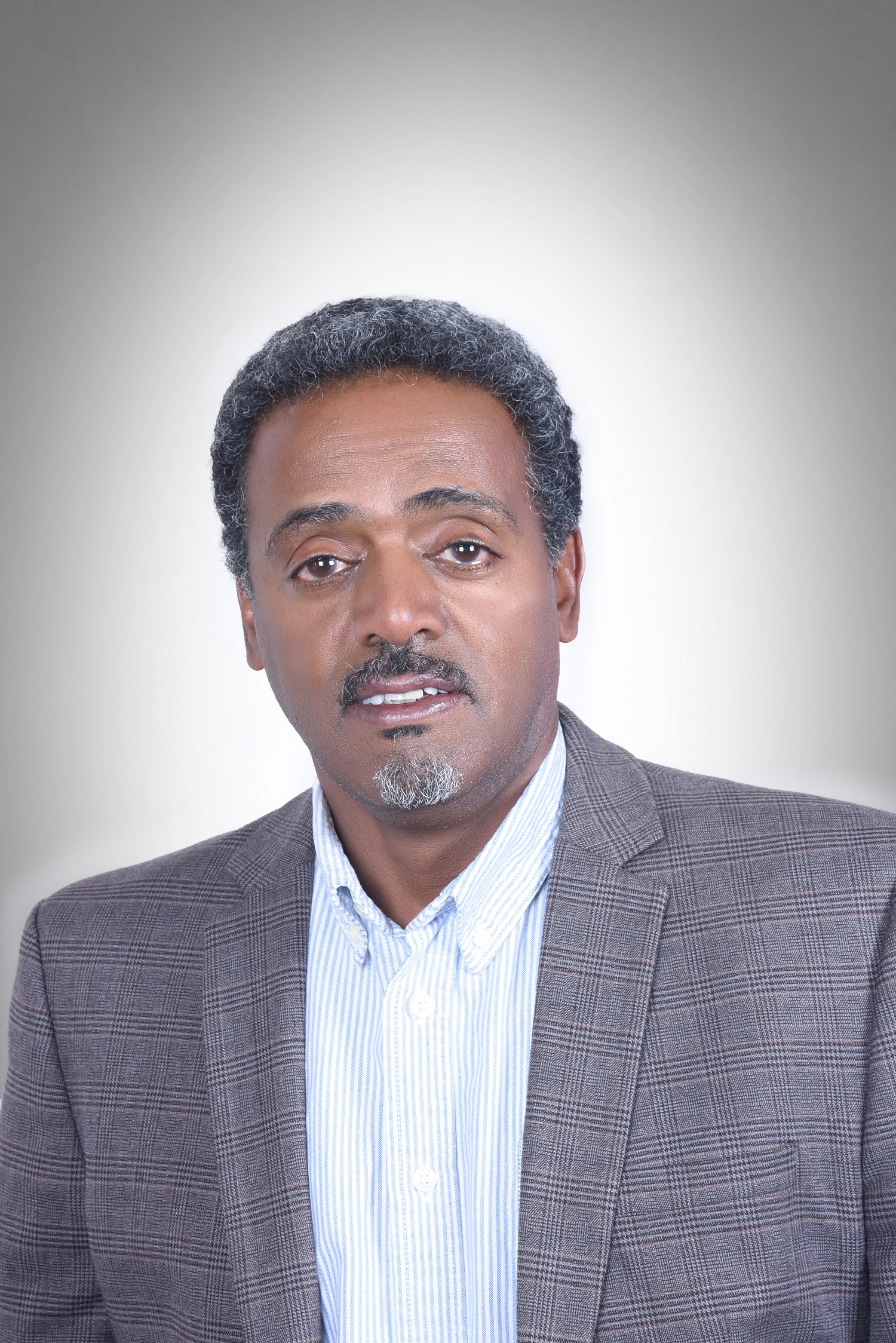
Dr. Fisseha Mekuria, Chief Research Scientist, CSIR, South Africa. He has a PhD from Linköping University, in Sweden, and has worked for 10 years as Senior research Engineer at Ericsson Mobile Communications R&D lab in Sweden, and is author of 17 US/EPO patents. He has published over 80 peer reviewed publications, and working with mobile and internet service industry directed the setting up of next generation network labs, development of mobile applications programming courses, Network resource sharing for affordable broadband connectivity, and development of telecom regulatory frameworks and capacity building for telecom regulators in Africa. At present leads the 5G and Affordable Broadband Networks research at the CSIR. He is the proponent of a 4th leg for the 5G standards aimed at technologies for addressing the next billion unconnected population and promoting digital inclusion. He is at present working on disruptive 5G technology research in dynamic spectrum sharing and extending it to 5G unlicensed networks to support affordable broadband internet for all. He is involved with design of 5G test-beds for enabling innovative service development and accelerate a smooth migration to 5G. The group lead by him has successfully completed the international qualification process and standardization of spectrum database assisted networks in collaboration with the UK Ofcom regulator and development of smart spectrum toolboxes for 5G. He is a member of advisory board for a number of EU FP7 projects and a Judge for the GSMA global mobile awards in support of Green technologies for future wireless networks. Dr Mekuria is also involved in postgraduate research & development in wireless communications with a number of African universities through his engagement as Adj. Professor at the University of Johannesburg, Faculty of Electrical and Electronics Engineering Science, South Africa.
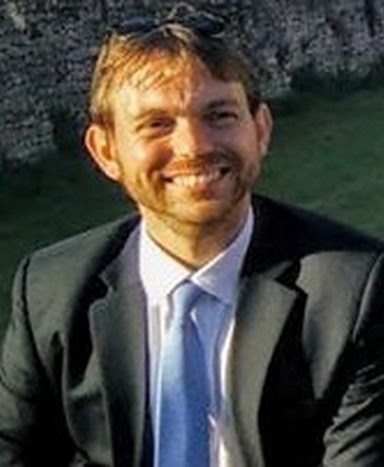
With more than 13 years of experience in the satellite industry, Telesat’s Mario Neri is responsible for securing the appropriate spectrum and orbital resources for the Low-Earth Orbit satellite constellation that the Company is planning to deploy in the near
future. In order to do so, he takes a leading role at coordinating the access to these scarce resources with other users, including other satellite operators and government agencies. Prior to Telesat, Mario led the team that at Ofcom - the UK communications regulator - was responsible for the management of the ITU filings for more than 20 stakeholders, collaborating with the rest of the Satellite & Space Science team for regulating the spectrum used by the various space applications in the UK. Mario joined Ofcom after working for Eutelsat and Inmarsat, two of the biggest global satellite operators.
Mario holds a BSc. and an MSc. in Telecommunications Engineering earnt at the University of Pisa (Italy) and an MSc. in Finance and
Investment earnt at CASS Business School – City University, London
(UK)”
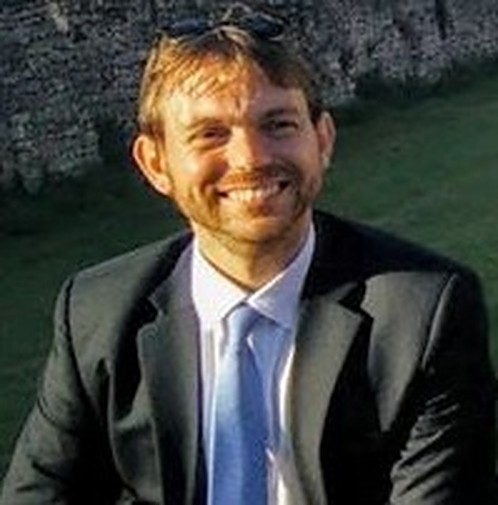
With more than 13 years of experience in the satellite industry, Telesat’s Mario Neri is responsible for securing the appropriate spectrum and orbital resources for the Low-Earth Orbit satellite constellation that the Company is planning to deploy in the near
future. In order to do so, he takes a leading role at coordinating the access to these scarce resources with other users, including other satellite operators and government agencies. Prior to Telesat, Mario led the team that at Ofcom - the UK communications regulator - was responsible for the management of the ITU filings for more than 20 stakeholders, collaborating with the rest of the Satellite & Space Science team for regulating the spectrum used by the various space applications in the UK. Mario joined Ofcom after working for Eutelsat and Inmarsat, two of the biggest global satellite operators.
Mario holds a BSc. and an MSc. in Telecommunications Engineering earnt at the University of Pisa (Italy) and an MSc. in Finance and
Investment earnt at CASS Business School – City University, London
(UK)”
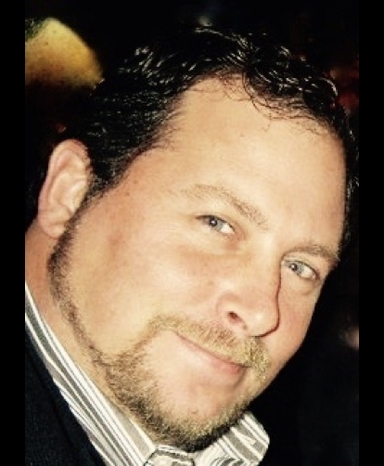
Mr. Robert Reagan is the Chief Technology and Strategy Officer for RTO Wireless. In that capacity he drives all technical, strategic and operational activities pertaining to RTOs development of AeroSite™ and LTA:RAN™ solutions inclusive of Mobile and Fixed solutions provided to Tier 1 customers on a dedicated basis or those which are designed to be shared by multiple parties to maximize shared performance and cost efficiencies. Mr. Reagan has over 25 years of operational, investment and advisory experience with 20 years of activity within the wireless and communications sectors. As Co-Founder and CTSO of RTO Wireless, Mr. Reagan is leading a shared infrastructure, broadband network providing macro and super-macro scale IoT, mobile, fixed wireless access and middle mile backhaul in rural markets. RTO’s network utilizes a mix of aerostats and terrestrial infrastructure to optimize the cost economics of rural market coverage. RTO is one of Microsoft’s Airband partners working to address the unserved broadband population in rural markets.
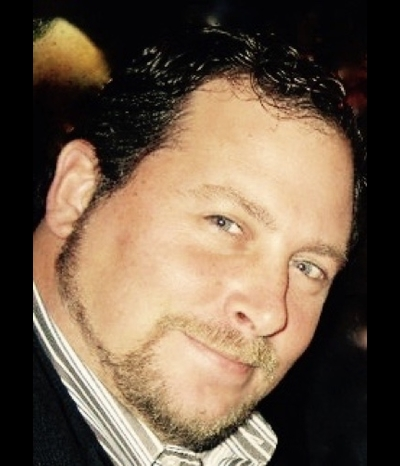
Mr. Robert Reagan is the Chief Technology and Strategy Officer for RTO Wireless. In that capacity he drives all technical, strategic and operational activities pertaining to RTOs development of AeroSite™ and LTA:RAN™ solutions inclusive of Mobile and Fixed solutions provided to Tier 1 customers on a dedicated basis or those which are designed to be shared by multiple parties to maximize shared performance and cost efficiencies. Mr. Reagan has over 25 years of operational, investment and advisory experience with 20 years of activity within the wireless and communications sectors. As Co-Founder and CTSO of RTO Wireless, Mr. Reagan is leading a shared infrastructure, broadband network providing macro and super-macro scale IoT, mobile, fixed wireless access and middle mile backhaul in rural markets. RTO’s network utilizes a mix of aerostats and terrestrial infrastructure to optimize the cost economics of rural market coverage. RTO is one of Microsoft’s Airband partners working to address the unserved broadband population in rural markets.
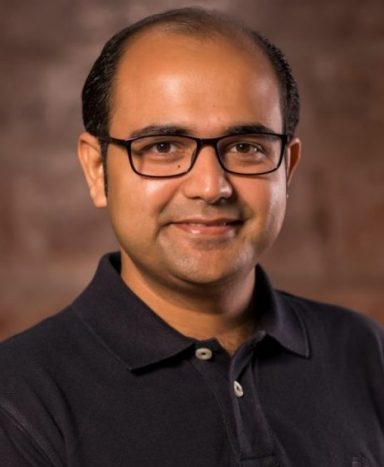
Muhammad Zeeshan Shakir is Reader at Artificial Intelligence, Visual Communications and Network (AVCN) research centre, University of the West of Scotland (UWS), UK, received close to £1m funding from bodies such as Innovate UK through KTP programme (as PI and Co-PI), and ERASMUS+ programme (as Co-I) and matched by UK industries (as PI) in the areas of Information and Communication Technologies (ICT). He has been actively involved in industry collaborative research project with centre of excellence for Sensor and Imaging Systems technologies (CENSIS) and has contributed to European project SELFNET and IEEE 4G/5G Standardisation. Previously, he has worked as PI/Co-PI on several commercial and non-commercial high impact research projects funded by Qatar National Research Fund (QNRF) of Qatar and Natural Sciences and Engineering Research Council (NSERC) of Canada.
With over 10 years of research expertise in design and development of wireless communication systems, he has published over 120 research articles including 40+ peer-reviewed top-tier journal papers; 70+ conference articles, and 10 books. He is a recipient of STARS Award 2018 (Staff Appreciation and Recognition Scheme) for Outstanding Research and Enterprise performance at UWS. He has been awarded with the Best Journal paper award 2019 jointly presented by IEEE Communications Society and China Institute of Communications for research on millimetre wave communications for 5G. Some of his research articles are listed in the Best Reading list on backhaul/fronthaul: communications, networking and signal processing by IEEE Communications Society. His research article published in IEEE Communications (2018) has been recognised in the top 1% highly cited papers in the field of Computer Science worldwide (Source: Web of Science).
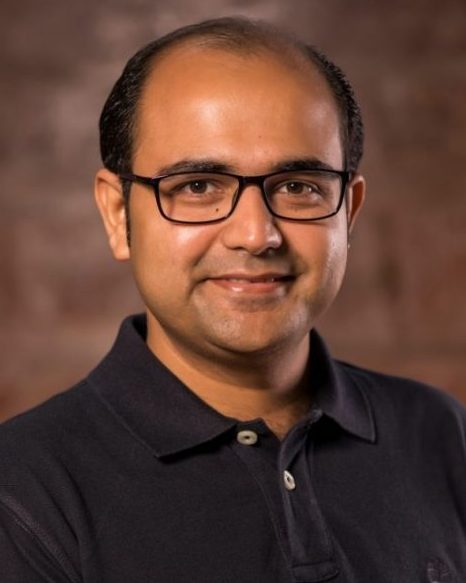
Muhammad Zeeshan Shakir is Reader at Artificial Intelligence, Visual Communications and Network (AVCN) research centre, University of the West of Scotland (UWS), UK, received close to £1m funding from bodies such as Innovate UK through KTP programme (as PI and Co-PI), and ERASMUS+ programme (as Co-I) and matched by UK industries (as PI) in the areas of Information and Communication Technologies (ICT). He has been actively involved in industry collaborative research project with centre of excellence for Sensor and Imaging Systems technologies (CENSIS) and has contributed to European project SELFNET and IEEE 4G/5G Standardisation. Previously, he has worked as PI/Co-PI on several commercial and non-commercial high impact research projects funded by Qatar National Research Fund (QNRF) of Qatar and Natural Sciences and Engineering Research Council (NSERC) of Canada.
With over 10 years of research expertise in design and development of wireless communication systems, he has published over 120 research articles including 40+ peer-reviewed top-tier journal papers; 70+ conference articles, and 10 books. He is a recipient of STARS Award 2018 (Staff Appreciation and Recognition Scheme) for Outstanding Research and Enterprise performance at UWS. He has been awarded with the Best Journal paper award 2019 jointly presented by IEEE Communications Society and China Institute of Communications for research on millimetre wave communications for 5G. Some of his research articles are listed in the Best Reading list on backhaul/fronthaul: communications, networking and signal processing by IEEE Communications Society. His research article published in IEEE Communications (2018) has been recognised in the top 1% highly cited papers in the field of Computer Science worldwide (Source: Web of Science).
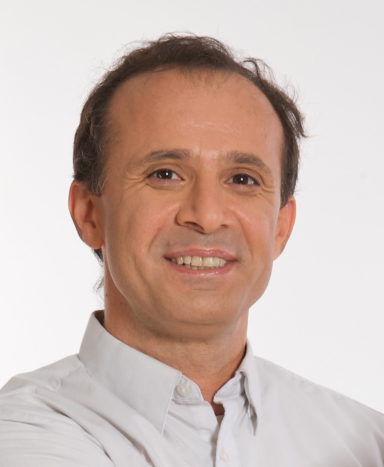
Dr. Mohammad "Mo" Shakouri is a Silicon Valley investor, entrepreneur, and international executive with over 25 years of experience in communications and electronics industry. Dr. Shakouri is well-versed in formulating large-scale partnerships and introducing broadband network initiatives to emerging markets and communities. As an internet connectivity evangelist, Dr. Shakouri has been working with leading Silicon Valley internet and tech companies. He serves as Dir Community Broadband Joint Venture Silicon Valley, as Chairman of the WiMAX Forum and is Founder and CEO of Microsanj. Dr. Shakouri earned his Ph.D in Electrical Engineering & Applied Physics from Stanford University, and a BSEE from San Jose State.
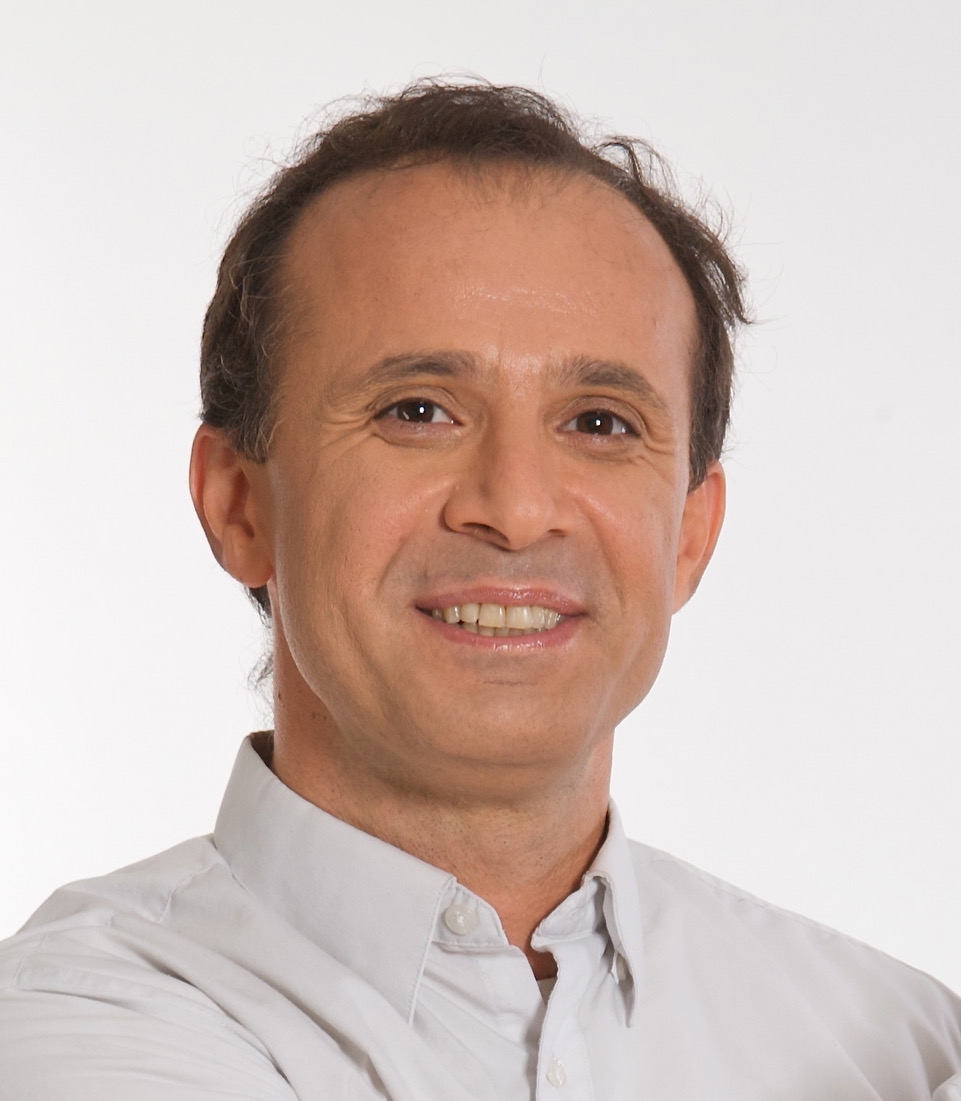
Dr. Mohammad "Mo" Shakouri is a Silicon Valley investor, entrepreneur, and international executive with over 25 years of experience in communications and electronics industry. Dr. Shakouri is well-versed in formulating large-scale partnerships and introducing broadband network initiatives to emerging markets and communities. As an internet connectivity evangelist, Dr. Shakouri has been working with leading Silicon Valley internet and tech companies. He serves as Dir Community Broadband Joint Venture Silicon Valley, as Chairman of the WiMAX Forum and is Founder and CEO of Microsanj. Dr. Shakouri earned his Ph.D in Electrical Engineering & Applied Physics from Stanford University, and a BSEE from San Jose State.
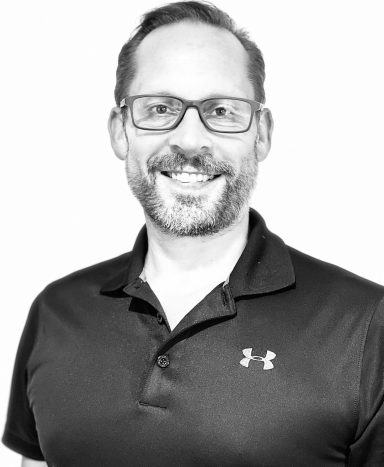
Jeff has spent 25yrs+ in global telecommunications roles,
based in NZ, Australia and the UK. Covering technical, business development, strategy and senior Product roles across multiple services and developments. More recently taking these skills into
Agile development, Software Defined Networks and Service Orchestration – in 2019 joining Airbus Defense and Space to pursue and drive the innovative approach to developing HAPS based Connectivity Services to
connect the underconnected.
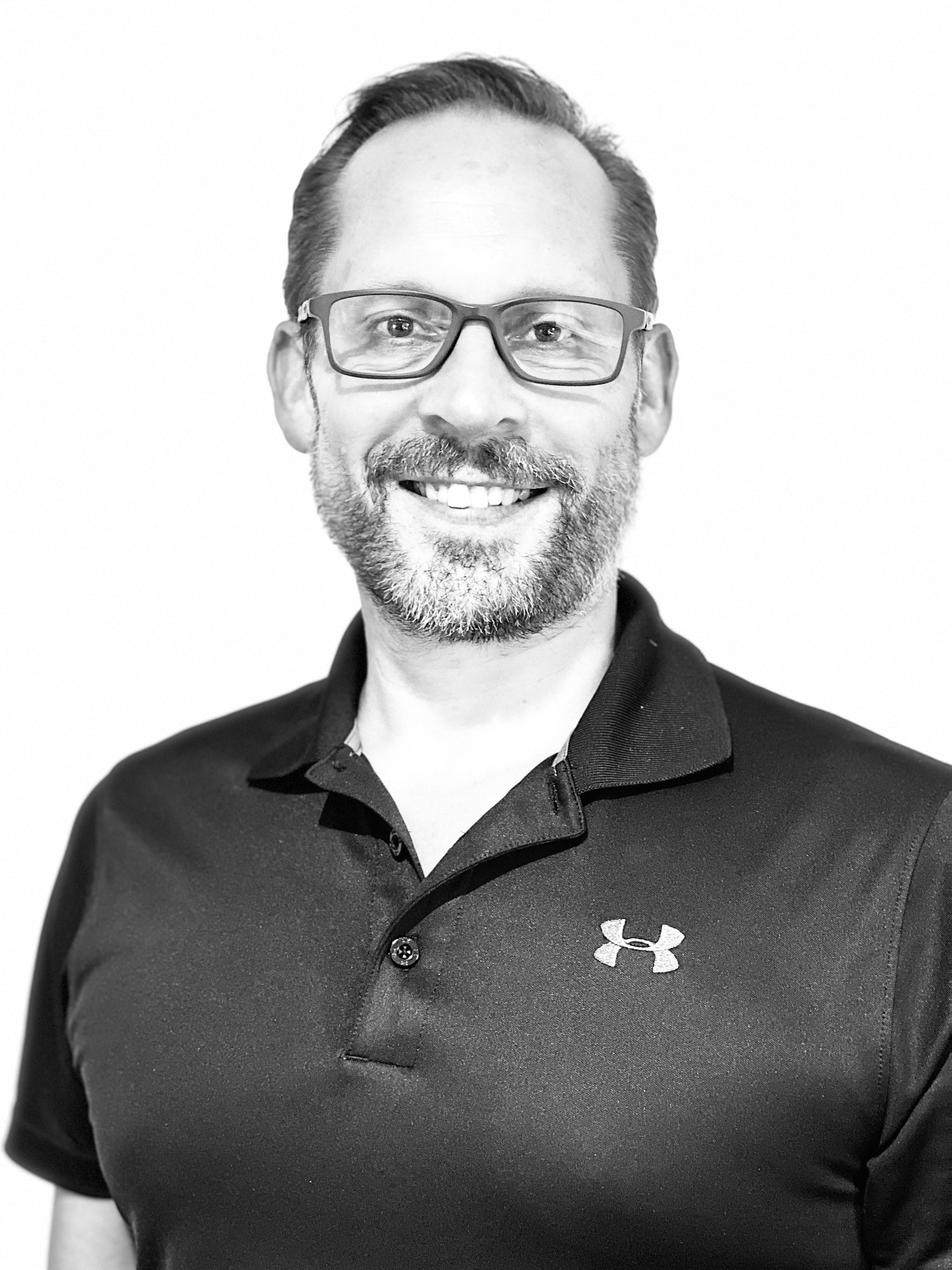
Jeff has spent 25yrs+ in global telecommunications roles,
based in NZ, Australia and the UK. Covering technical, business development, strategy and senior Product roles across multiple services and developments. More recently taking these skills into
Agile development, Software Defined Networks and Service Orchestration – in 2019 joining Airbus Defense and Space to pursue and drive the innovative approach to developing HAPS based Connectivity Services to
connect the underconnected.
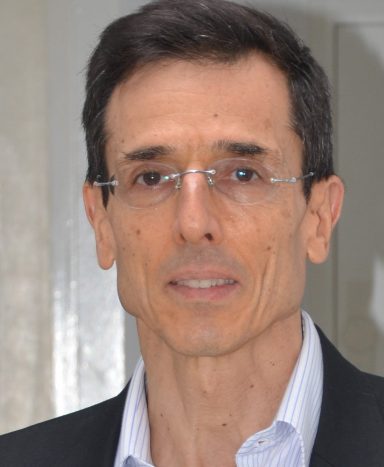
Sami Tabbane is professor at Ecole Supérieure des Communications de Tunis (Sup’Com). He has graduated from Ecole des Mines de Paris in 1988 and got a PhD of Ecole Nationale Supérieure des Télécommunications de Paris (ENST) in 1991. He started his carreer at Centre National d’Etudes des Télécommunications (CNET) in Issy les Moulineaux in 1992-94 and was recruted by Sup’Com in 1994. His main research areas are: mobility management (handover and location management), cellular networks planning and service implementation and optimization in 3G networks. He is the co-author of “Réseaux GSM” (Hermes, 1995) and “Ingénierie des Services de Télécommunications” (Hermes-Lavoisier, 2005). He is the author of “Réseaux Mobiles” (Hermes, 1997), “Handbook of Mobile Networks” (Artech House, 2000), “Ingénierie des Réseaux Cellulaires” (Hermes-Lavoisier, 2002), “Pratique de l’ingénierie des Réseaux Cellulaires” (Hermes-Lavoisier, 2005) and “ Réseaux 4G ” (Hermes-Lavoisier, 2009).
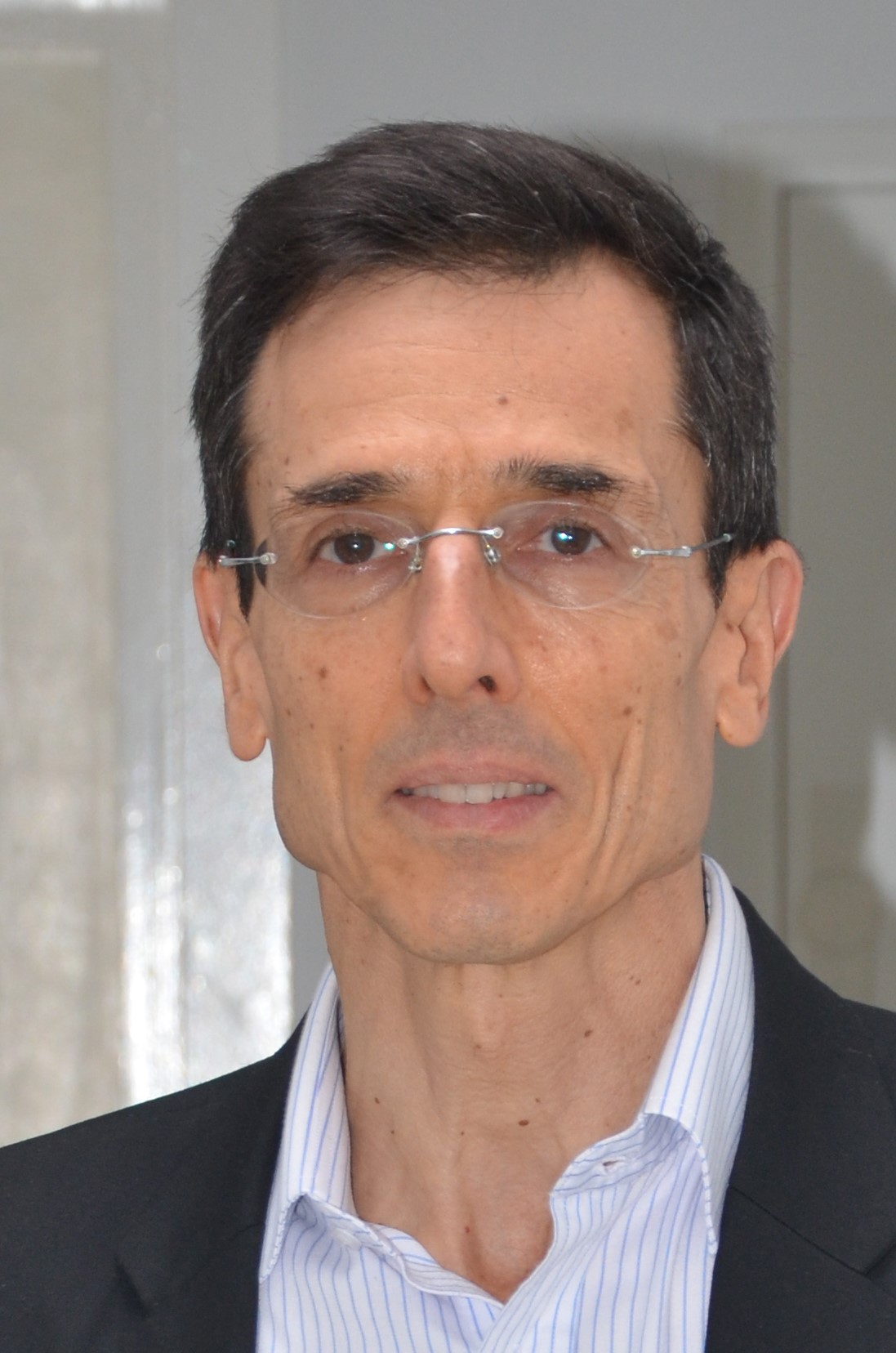
Sami Tabbane is professor at Ecole Supérieure des Communications de Tunis (Sup’Com). He has graduated from Ecole des Mines de Paris in 1988 and got a PhD of Ecole Nationale Supérieure des Télécommunications de Paris (ENST) in 1991. He started his carreer at Centre National d’Etudes des Télécommunications (CNET) in Issy les Moulineaux in 1992-94 and was recruted by Sup’Com in 1994. His main research areas are: mobility management (handover and location management), cellular networks planning and service implementation and optimization in 3G networks. He is the co-author of “Réseaux GSM” (Hermes, 1995) and “Ingénierie des Services de Télécommunications” (Hermes-Lavoisier, 2005). He is the author of “Réseaux Mobiles” (Hermes, 1997), “Handbook of Mobile Networks” (Artech House, 2000), “Ingénierie des Réseaux Cellulaires” (Hermes-Lavoisier, 2002), “Pratique de l’ingénierie des Réseaux Cellulaires” (Hermes-Lavoisier, 2005) and “ Réseaux 4G ” (Hermes-Lavoisier, 2009).
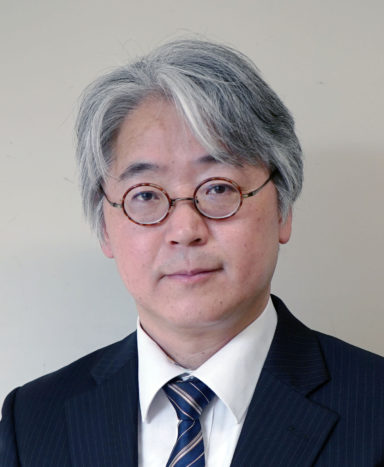
Morio Toyoshima received the Ph.D. degree from the University of Tokyo, Tokyo, Japan, in 2003 in Electronics Engineering. He joined the National Institute of Information and Communications Technology (NICT) (former CRL, Ministry of Posts and Telecommunications), Japan, in 1994 and soon after was engaged in research for the Engineering Test Satellite VI (ETS-VI) optical communication experiment and later involved in the Ground-to-Orbit Laser-com Demonstration (GOLD) experiment with NASA's Jet Propulsion Laboratory. He joined the Japan Aerospace Exploration Agency (JAXA) (former NASDA), for the development of the Optical Inter-orbit Communications Engineering Test Satellite (OICETS) from 1999 to 2003. In December 2003, he became a Senior Researcher of the Optical Space Communications Group, NICT. Starting in October 2004, he spent one year as a guest scientist at Vienna University of Technology, Austria, in the field of optical space communications. In 2006 he conducted the ground-to-OICETS laser communication experiments in NICT. He was involved in the development of a Small Optical TrAnsponder (SOTA) for a 50 kg-class micro-satellite and conducted laser communications and basic quantum communications experiments from 2014 to 2016. His research interests are satellite communications, space laser communications, laser beam propagation through atmospheric turbulence, and quantum cryptography. He is now the Director of the Space Communications Laboratory, the Wireless Networks Research Center in NICT, since 2011.
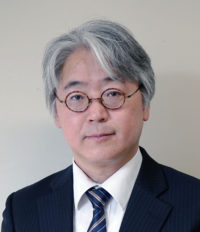
Morio Toyoshima received the Ph.D. degree from the University of Tokyo, Tokyo, Japan, in 2003 in Electronics Engineering. He joined the National Institute of Information and Communications Technology (NICT) (former CRL, Ministry of Posts and Telecommunications), Japan, in 1994 and soon after was engaged in research for the Engineering Test Satellite VI (ETS-VI) optical communication experiment and later involved in the Ground-to-Orbit Laser-com Demonstration (GOLD) experiment with NASA's Jet Propulsion Laboratory. He joined the Japan Aerospace Exploration Agency (JAXA) (former NASDA), for the development of the Optical Inter-orbit Communications Engineering Test Satellite (OICETS) from 1999 to 2003. In December 2003, he became a Senior Researcher of the Optical Space Communications Group, NICT. Starting in October 2004, he spent one year as a guest scientist at Vienna University of Technology, Austria, in the field of optical space communications. In 2006 he conducted the ground-to-OICETS laser communication experiments in NICT. He was involved in the development of a Small Optical TrAnsponder (SOTA) for a 50 kg-class micro-satellite and conducted laser communications and basic quantum communications experiments from 2014 to 2016. His research interests are satellite communications, space laser communications, laser beam propagation through atmospheric turbulence, and quantum cryptography. He is now the Director of the Space Communications Laboratory, the Wireless Networks Research Center in NICT, since 2011.



